45 Surprising Foods To Avoid If You Have High Cholesterol
When it comes to managing cholesterol, we all know to steer clear of the usual suspects like fried foods and processed meats. But what if the real danger is hiding in plain sight—in foods you thought were perfectly healthy? The truth is, high cholesterol can be triggered by some surprisingly common dietary choices that often fly under the radar. That’s why we’ve expanded our list to 35 surprising foods to avoid if you're trying to keep your cholesterol in check. From innocent-looking snacks to everyday ingredients in your favorite meals, these sneaky offenders might be quietly sabotaging your heart health. By uncovering these hidden risks, you’ll be better equipped to make smarter, heart-friendly decisions. It’s time to take a closer look at what’s really on your plate—and take charge of your cholesterol with this revealing guide.
1. Trans Fats: The Hidden Villains in Processed Foods

Trans fats are notorious for their adverse effects on cholesterol levels. Commonly found in processed foods, baked goods, and fried items, these artificial fats are created through hydrogenation, which solidifies liquid oils. This process extends shelf life and enhances flavor, making trans fats a popular choice in the food industry. However, their impact on health is detrimental, as they raise LDL cholesterol while simultaneously lowering high-density lipoprotein (HDL) cholesterol, the "good" cholesterol that helps remove LDL from the bloodstream. Despite growing awareness and regulatory efforts to reduce trans fat content in foods, they still lurk in many unsuspecting places. Foods labeled as "partially hydrogenated" often contain trans fats, and even those marketed as "zero trans fat" can have trace amounts if consumed in large quantities.
2. Saturated Fats: The Common Culprits in Everyday Meals
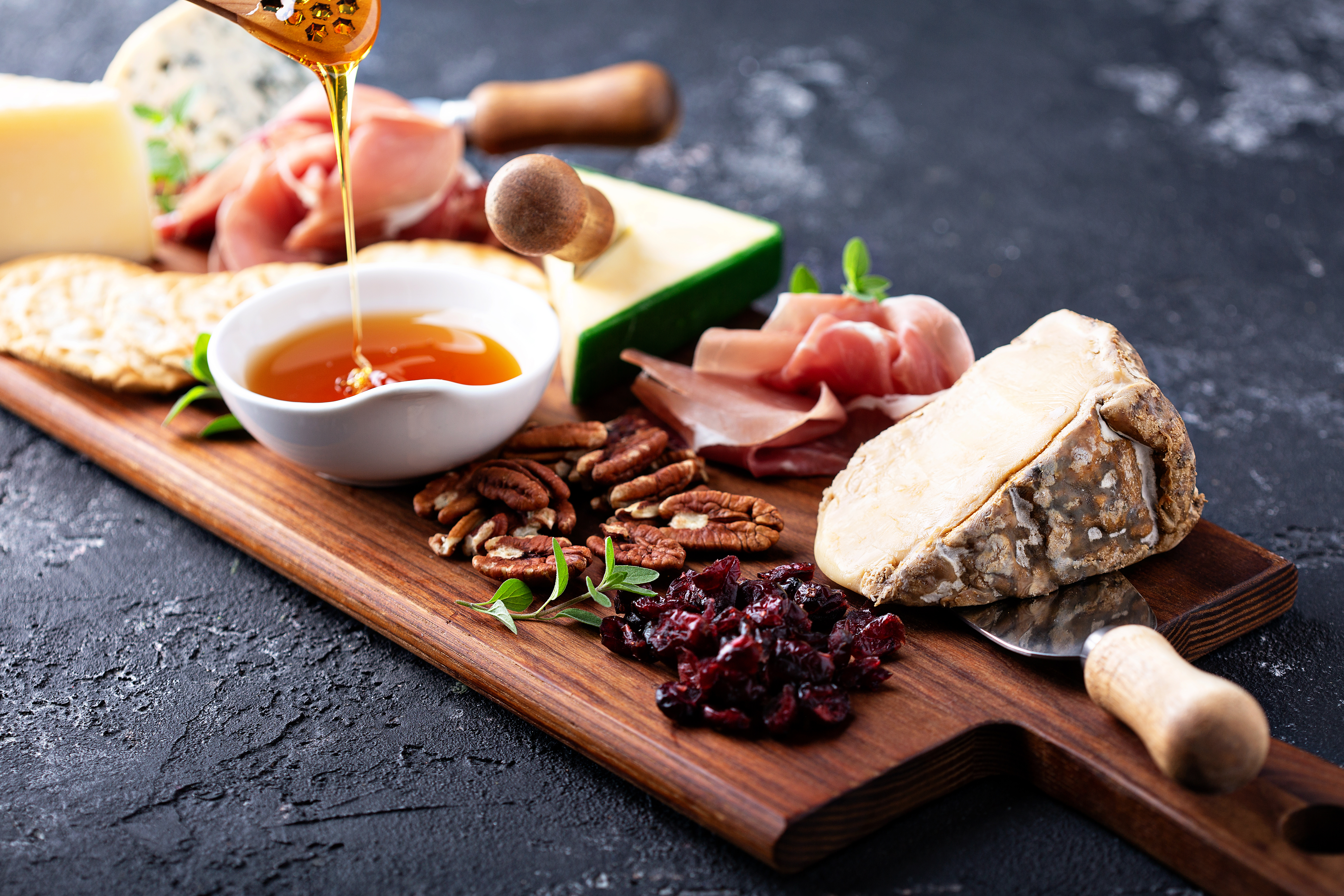
Saturated fats are another major contributor to elevated cholesterol levels. Found predominantly in animal products such as meat and dairy, as well as in some plant oils like coconut and palm oil, saturated fats can raise LDL cholesterol when consumed in excess. While the body needs some saturated fat for energy and cell function, overconsumption can lead to health issues. Many people unknowingly consume high levels of saturated fats through everyday meals. Popular foods such as burgers, sausages, cheese, and butter are rich in saturated fats, making them common culprits in boosting cholesterol.
3. Red Meat: A Double-Edged Sword for Cholesterol
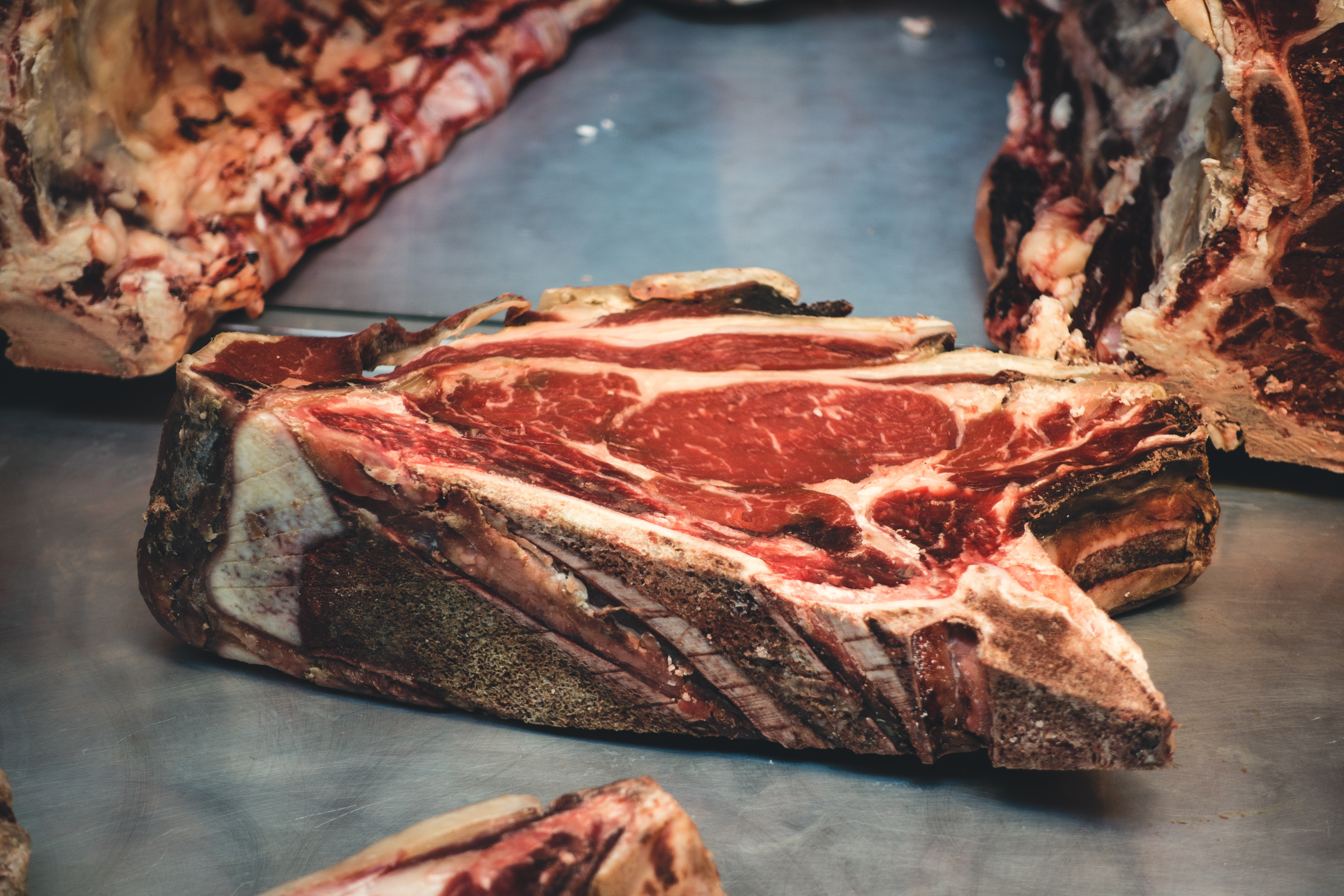
Red meat, a staple in many diets, is often scrutinized for its impact on cholesterol levels. While it provides essential nutrients such as protein, iron, and zinc, red meat is also high in saturated fats, which can raise LDL cholesterol. The type of red meat and its preparation method can significantly influence its effect on cholesterol levels. Processed red meats, such as bacon, sausages, and deli meats, are particularly harmful due to their high saturated fat and sodium content. These foods can contribute to cholesterol elevation and increase the risk of heart disease. Even unprocessed red meats, like beef and lamb, should be consumed in moderation to avoid excessive saturated fat intake. Balancing red meat consumption with plant-based proteins can help manage cholesterol levels.
4. Full-Fat Dairy: A Creamy Contributor to Cholesterol

Full-fat dairy products, such as whole milk, cheese, and cream, are delicious yet significant sources of saturated fats. These creamy delights can contribute to elevated cholesterol levels if consumed in excess. The rich texture and flavor of full-fat dairy make it a popular choice, but it's essential to be mindful of its impact on cholesterol. Many people unknowingly consume large amounts of full-fat dairy through everyday foods like coffee creamers, desserts, and sauces. While dairy provides vital nutrients like calcium and vitamin D, the saturated fat content can overshadow these benefits if not consumed in moderation. Opting for low-fat or non-fat dairy alternatives can help manage cholesterol levels without sacrificing nutritional value.
5. Shellfish: The Surprising Source of Dietary Cholesterol
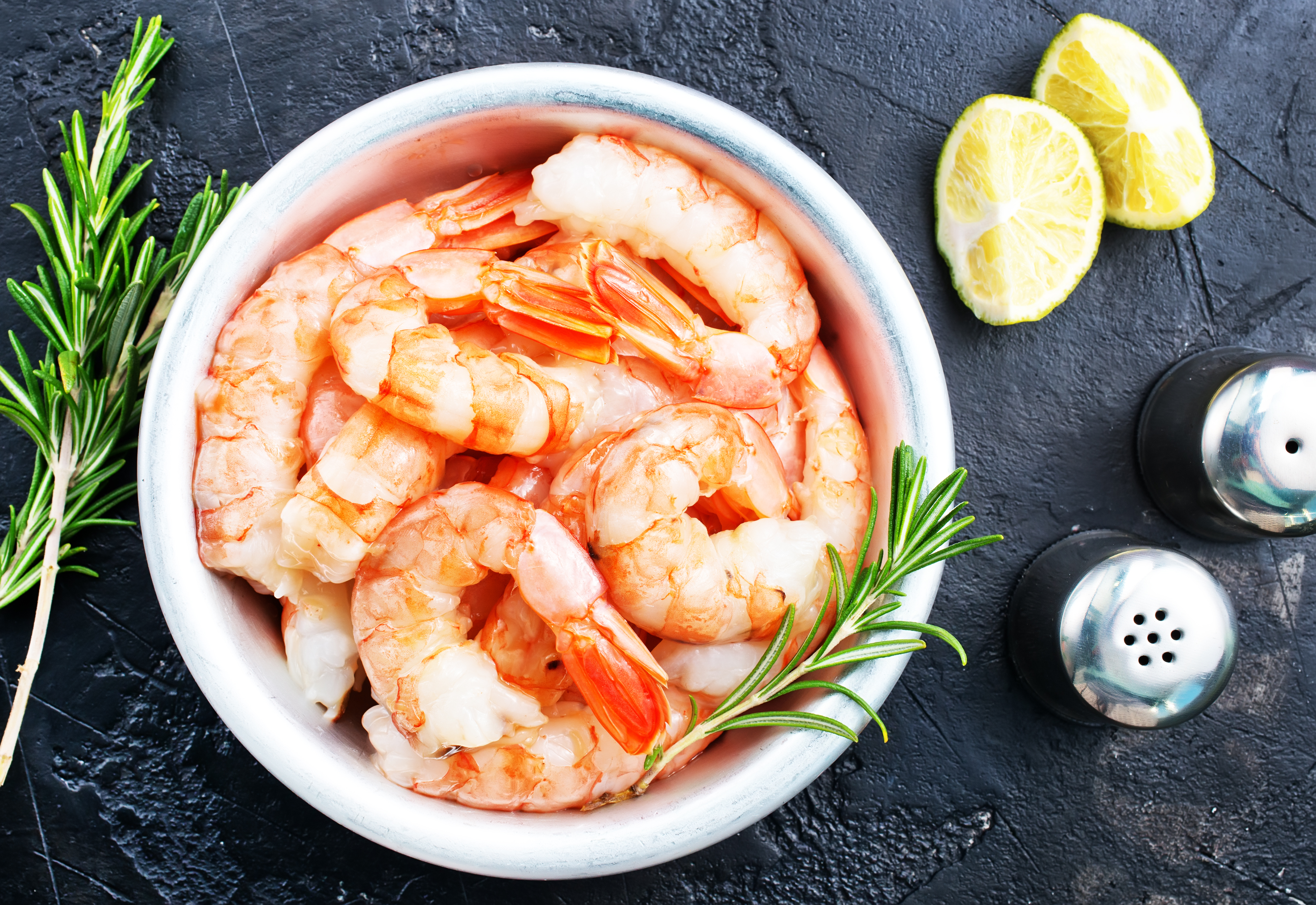
Shellfish, including shrimp, crab, and lobster, are often celebrated for their delicate flavors and health benefits, such as being low in fat and high in protein. However, they are also surprisingly high in dietary cholesterol. Despite their cholesterol content, shellfish have a complex relationship with blood cholesterol levels, as they contain omega-3 fatty acids that support heart health. While dietary cholesterol was once thought to have a direct impact on blood cholesterol levels, recent research suggests that its effect is less significant than previously believed. However, for individuals with existing high cholesterol or heart disease, it's advisable to consume shellfish in moderation.
6. Baked Goods: The Sweet Deception of Cholesterol
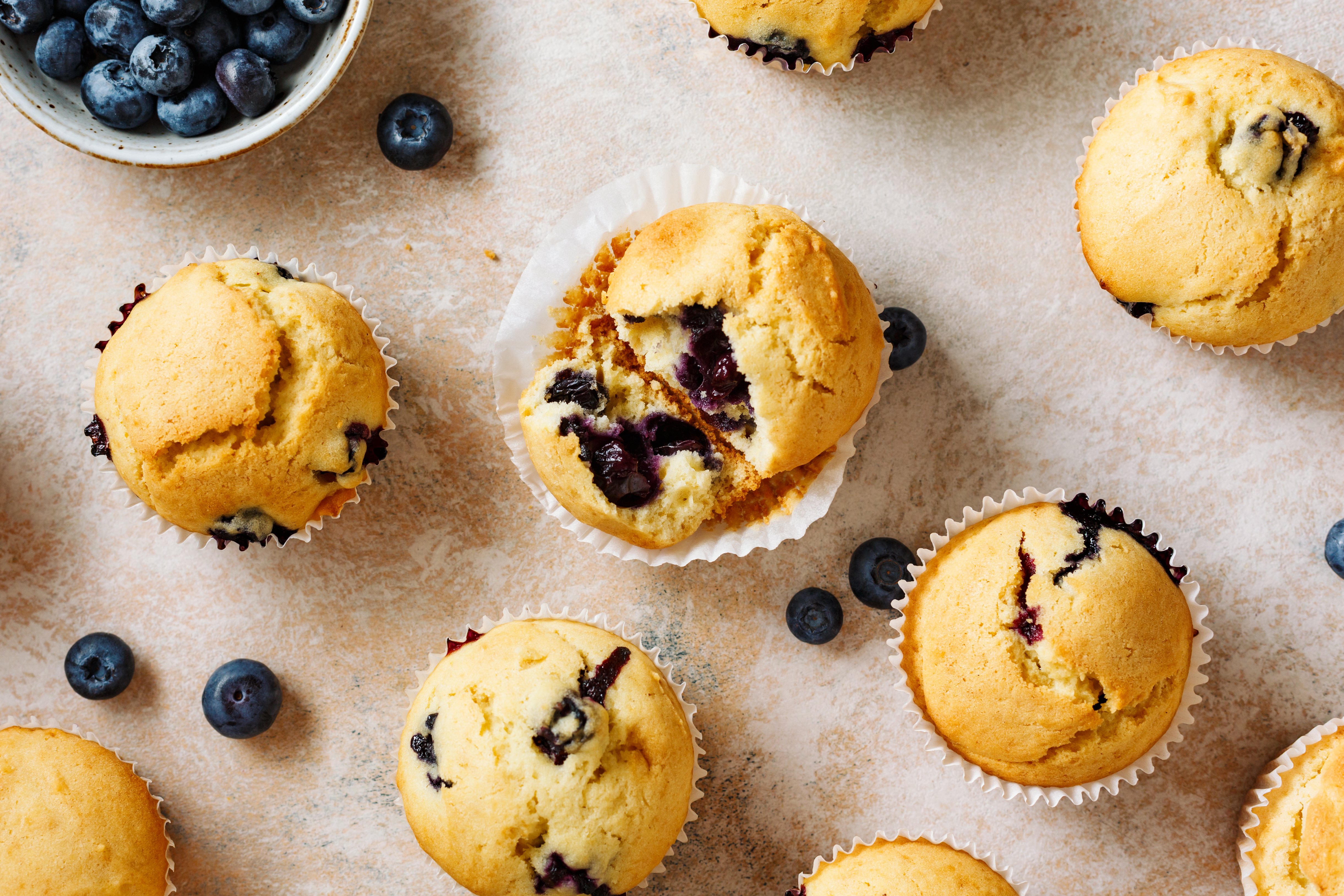
Baked goods, including pastries, cakes, and cookies, are delightful treats but can be deceptive contributors to elevated cholesterol levels. These sweet indulgences often contain high amounts of saturated fats and trans fats, hidden within ingredients like butter, shortening, and margarine. The combination of these fats can significantly impact cholesterol levels, making baked goods a sneaky dietary culprit. The convenience and appeal of packaged baked goods make them a popular choice, yet they often contain hidden trans fats, despite labeling regulations. Homemade baked goods can also be high in saturated fats, depending on the recipes and ingredients used. Being aware of these hidden fats is crucial for managing cholesterol levels.
7. Fast Food: The Quick Fix with Long-Term Consequences
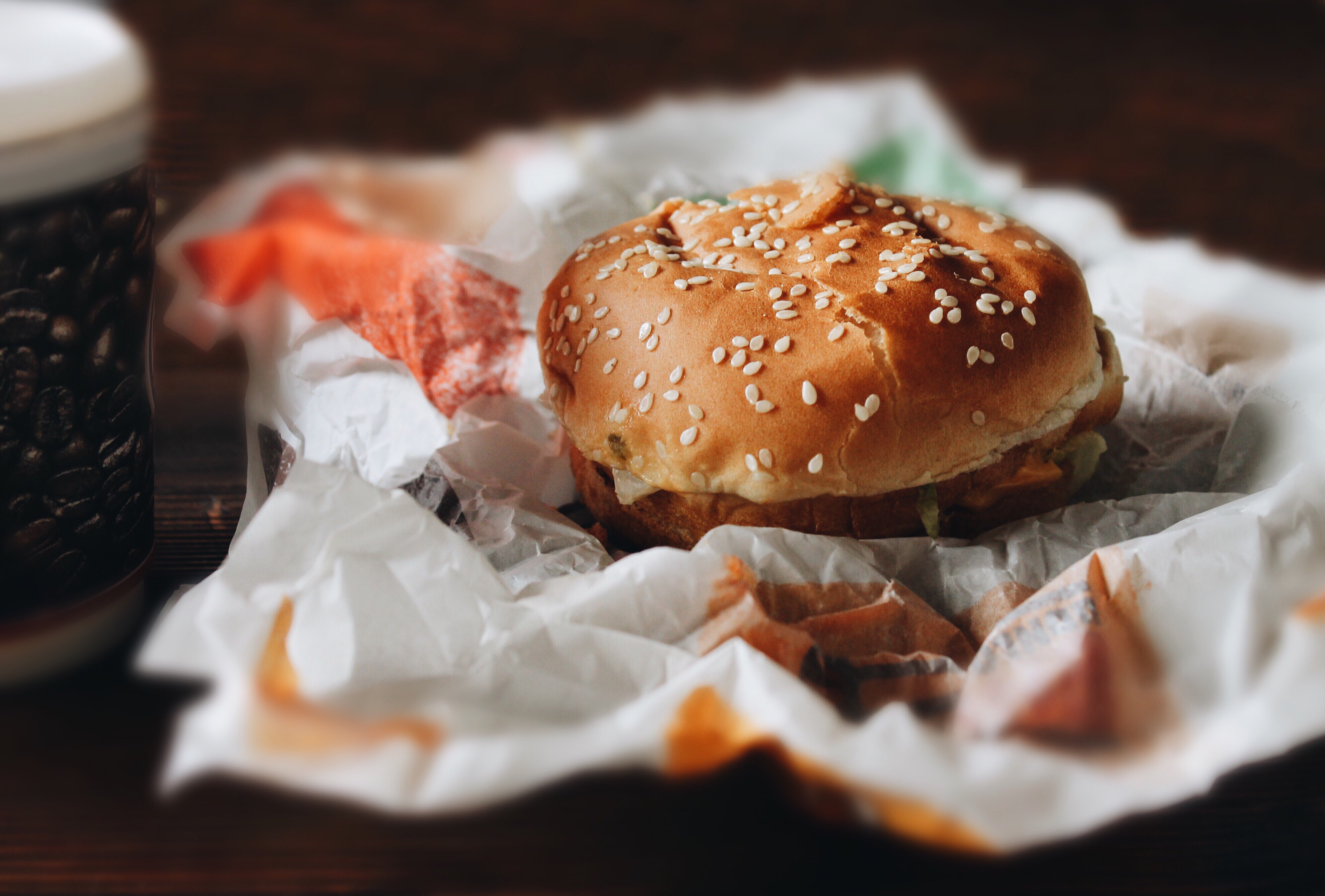
Fast food offers a convenient solution for busy lifestyles, but it often comes with hidden health costs, particularly concerning cholesterol levels. Many fast-food items are high in saturated fats and trans fats, contributing to elevated LDL cholesterol. The combination of fried foods, processed meats, and creamy sauces found in fast food can create a perfect storm for cholesterol elevation. Despite efforts by some fast-food chains to offer healthier options, many menu items remain laden with unhealthy fats. Burgers, fries, and milkshakes are popular choices that can significantly impact cholesterol levels if consumed regularly.
8. Processed Meats: The Salty Saboteurs of Cholesterol
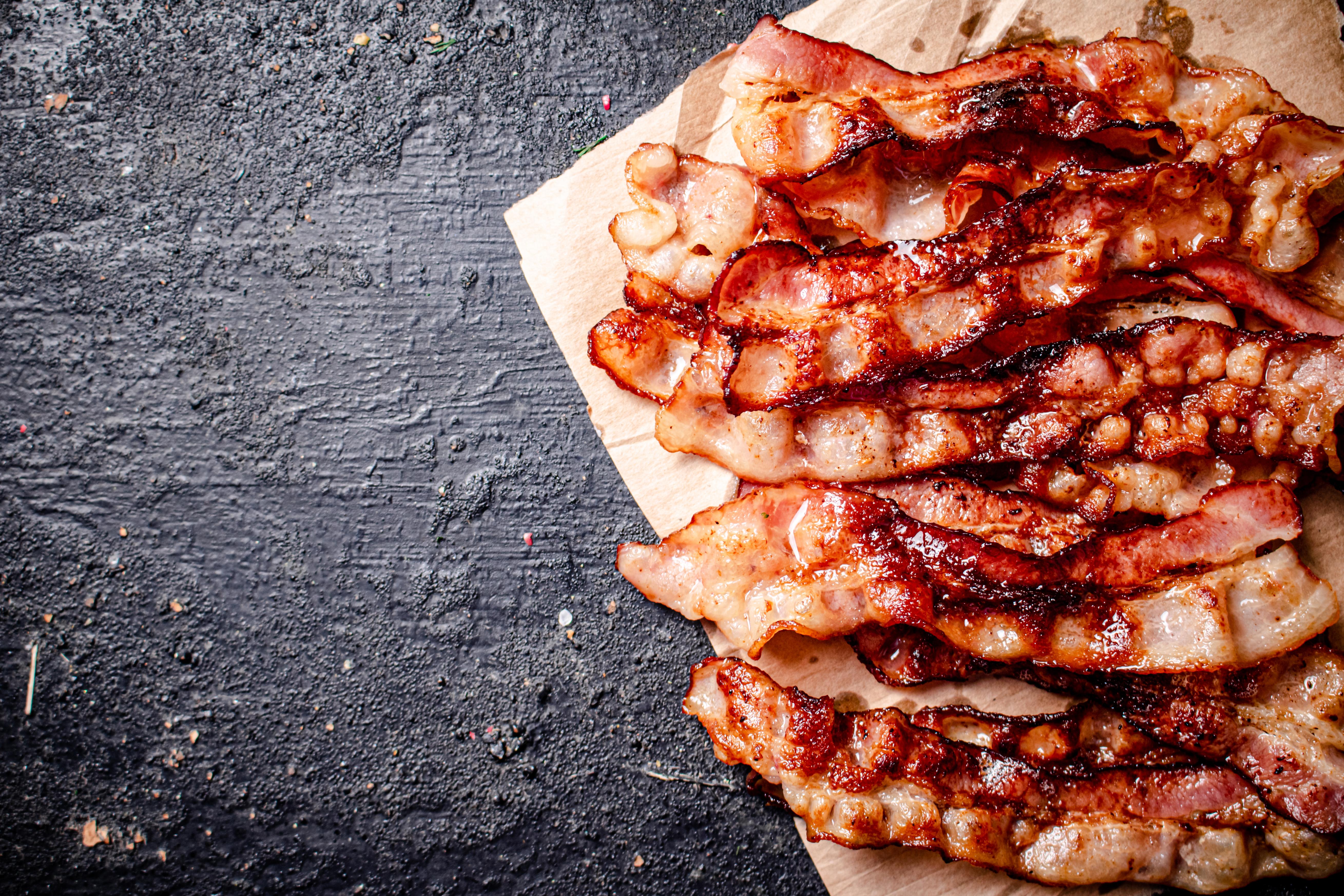
Processed meats, such as sausages, bacon, and deli meats, are popular for their flavor and convenience but are notorious for their high saturated fat and sodium content. These salty saboteurs can significantly elevate cholesterol levels, increasing the risk of heart disease. The preservation methods used in processed meats often involve unhealthy fats, contributing to their negative impact on cholesterol. The convenience of processed meats makes them a staple in many diets, yet their hidden health risks should not be overlooked. Reducing processed meat intake involves making mindful choices about protein sources. Opting for fresh, lean meats or plant-based proteins can provide essential nutrients without the added saturated fats.
9. Snack Foods: The Crunchy Culprits in Cholesterol Elevation
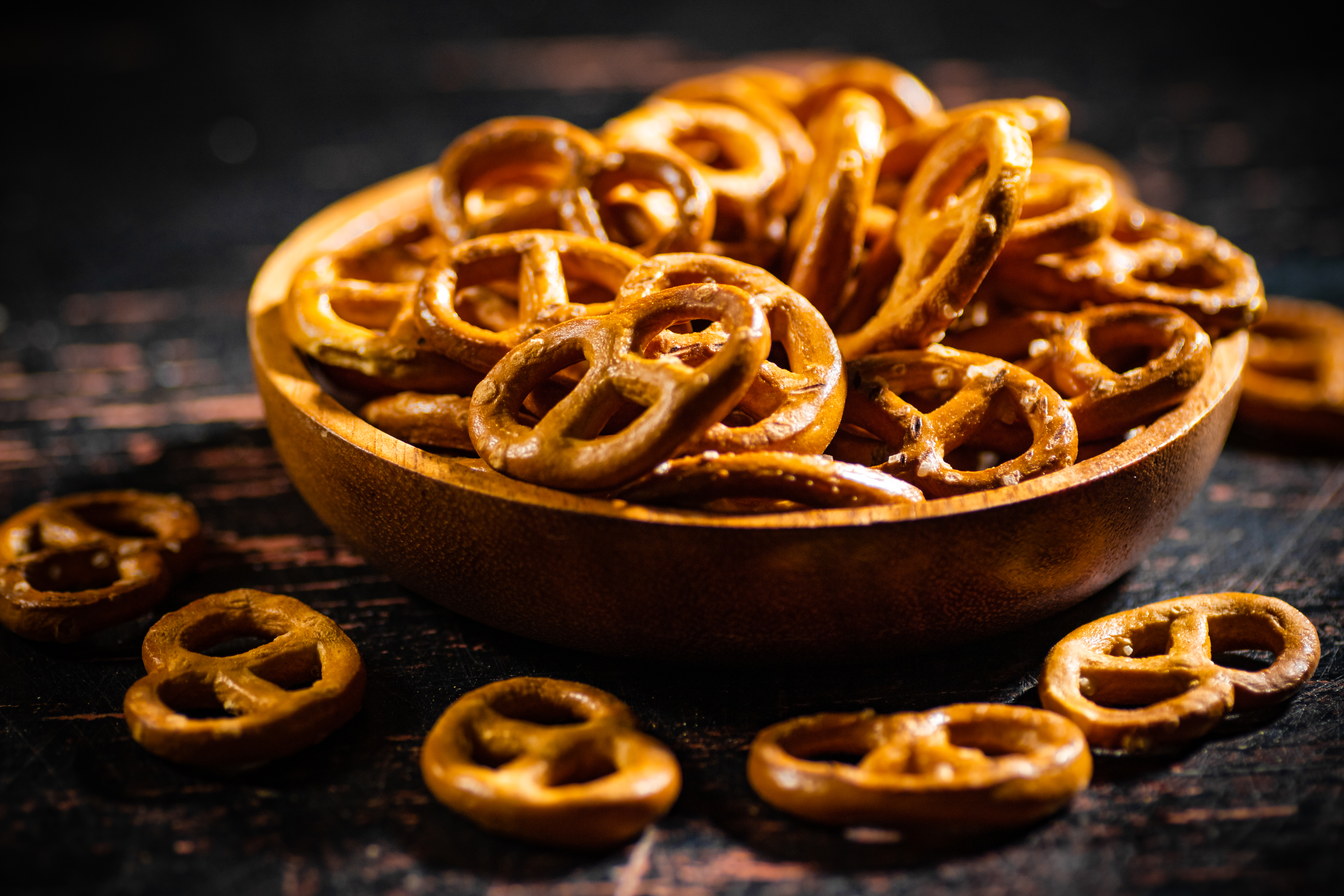
Snack foods, including chips, crackers, and popcorn, are convenient and satisfying but can be sneaky contributors to elevated cholesterol levels. Many snack foods are high in trans fats and saturated fats, hidden within ingredients like hydrogenated oils and butter. These crunchy culprits can significantly impact cholesterol levels if consumed regularly. The appeal of snack foods lies in their convenience and flavor, making them a popular choice for many individuals. However, the hidden fats in these foods can pose a risk to heart health. Choosing healthier snack options, such as nuts, seeds, and fruit, can provide satisfying flavors without the added unhealthy fats.
10. Fried Foods: The Crispy Culprits of Cholesterol

Fried foods, with their irresistible crispy texture, are a popular indulgence but can be significant contributors to elevated cholesterol levels. The frying process often involves unhealthy oils high in trans fats and saturated fats, which can raise LDL cholesterol. Popular fried foods, such as French fries, fried chicken, and doughnuts, can significantly impact cholesterol levels if consumed regularly. Despite their appeal, fried foods pose hidden health risks. Opting for healthier cooking methods, such as baking, grilling, or air frying, can provide similar flavors with less impact on cholesterol. Additionally, choosing healthier oils, such as olive or avocado oil, can further reduce the unhealthy fats in fried foods.
11. Salad Dressings: The Hidden Fats in a Healthy Meal
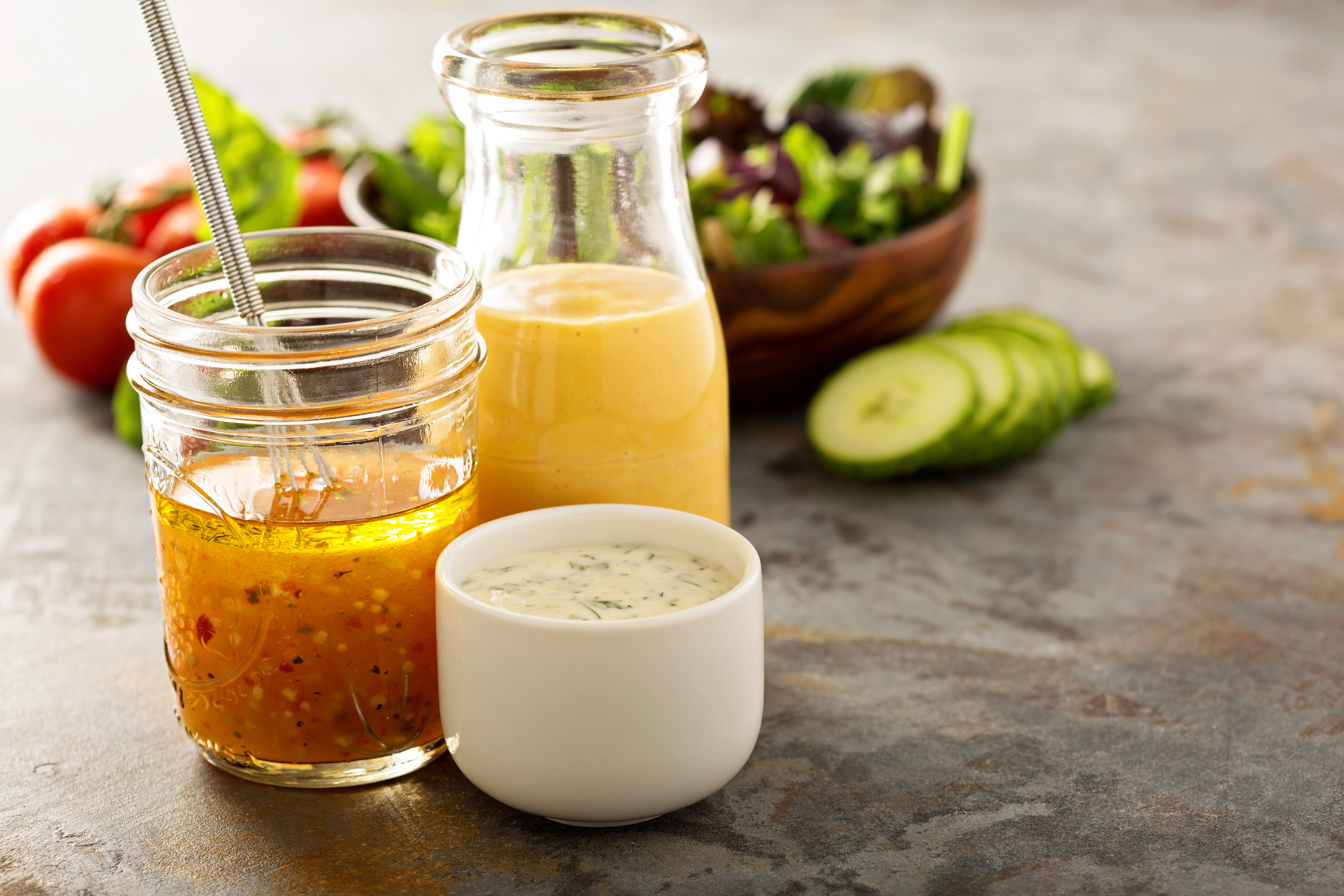
Salad dressings, often perceived as a healthy addition to meals, can be deceptive contributors to elevated cholesterol levels. Many commercial dressings contain high amounts of saturated fats and trans fats, hidden within ingredients like mayonnaise, cream, and hydrogenated oils. These hidden fats can significantly impact cholesterol levels, overshadowing the health benefits of salads. The convenience and flavor of bottled dressings make them a popular choice, yet they often contain unhealthy fats and added sugars. Being aware of these hidden ingredients is crucial for managing cholesterol levels and making informed dietary choices. Opting for homemade dressings with fresh ingredients, such as olive oil, vinegar, and herbs, can provide delicious flavors without the added unhealthy fats.
12. Packaged Soups: The Comforting Culprits of Cholesterol
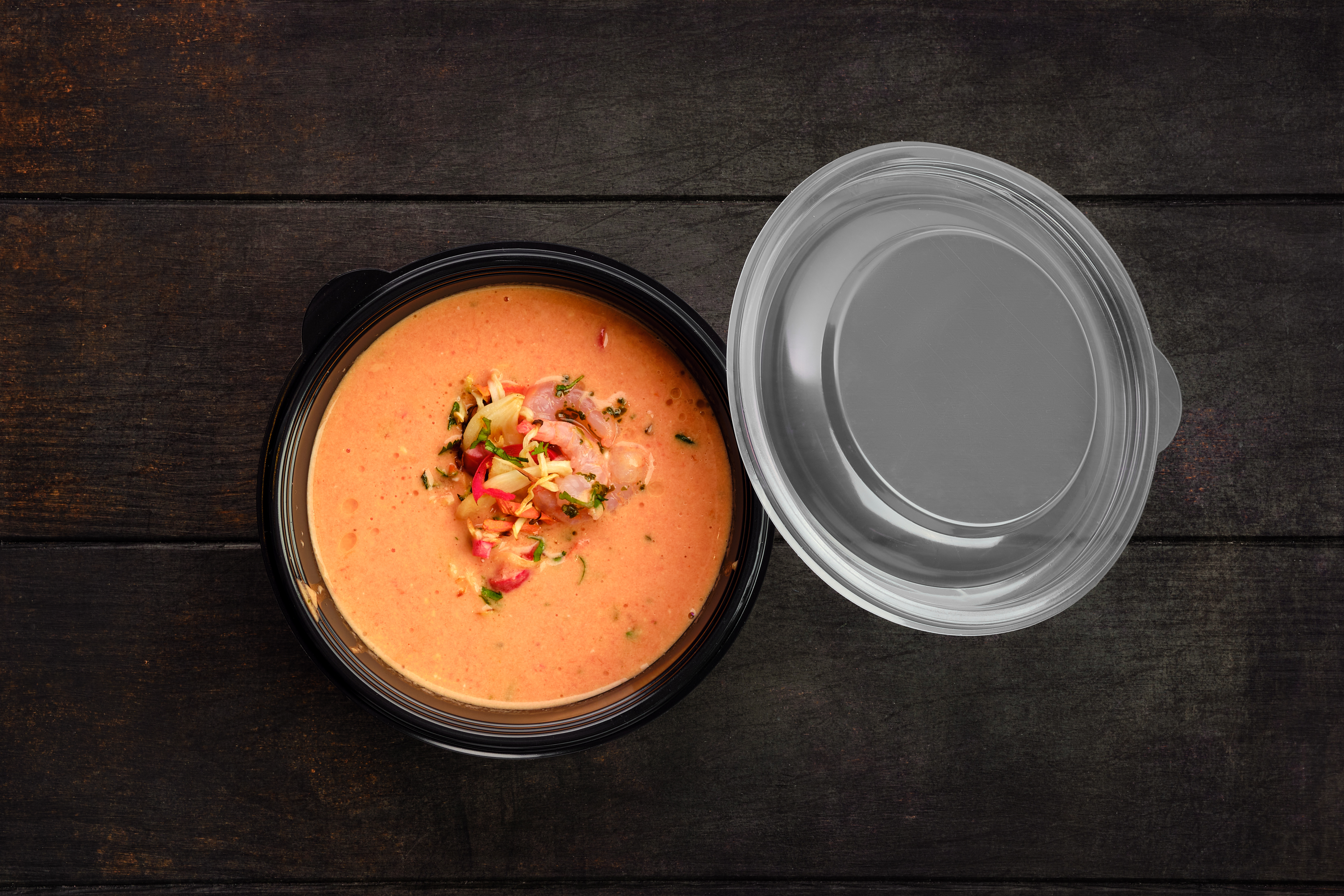
Packaged soups, known for their convenience and comfort, can be sneaky contributors to elevated cholesterol levels. Many canned and instant soups contain high amounts of saturated fats and sodium, hidden within ingredients like cream, butter, and processed meats. These comforting culprits can significantly impact cholesterol levels if consumed regularly. The appeal of packaged soups lies in their ease of preparation and satisfying flavors, making them a popular choice for many individuals. However, the hidden fats and sodium in these soups can pose a risk to heart health. Being aware of these hidden ingredients is essential for managing cholesterol levels. Opting for homemade soups with fresh ingredients can provide similar comfort without the added unhealthy fats and sodium.
13. Breakfast Cereals: The Sugary Saboteurs of Cholesterol
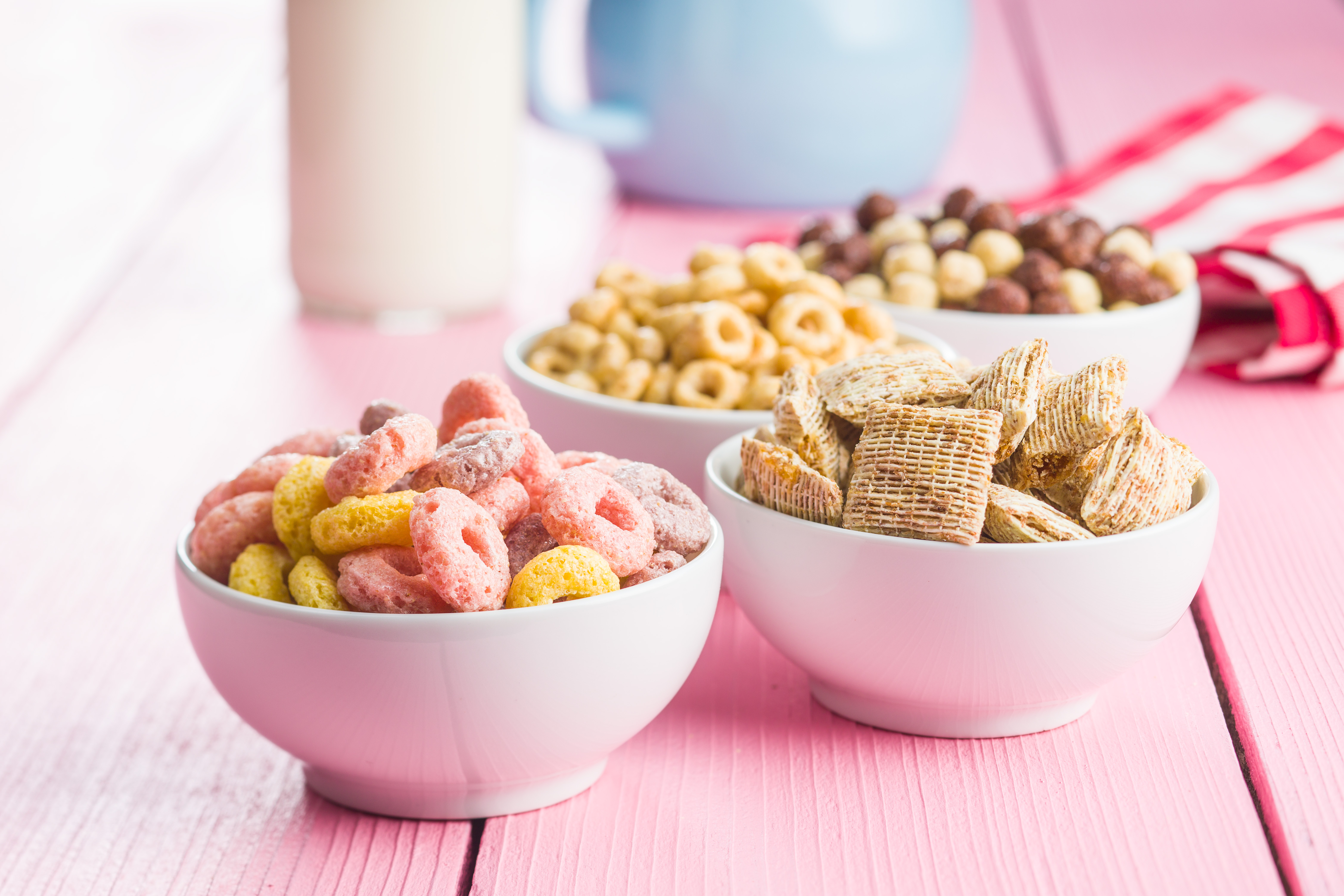
Breakfast cereals, often perceived as a healthy start to the day, can be deceptive contributors to elevated cholesterol levels. Many cereals contain high amounts of added sugars and unhealthy fats, hidden within ingredients like hydrogenated oils and artificial flavorings. These sugary saboteurs can significantly impact cholesterol levels if consumed regularly. The convenience and flavor of packaged cereals make them a popular choice, yet they often contain hidden sugars and unhealthy fats. Being aware of these hidden ingredients is crucial for managing cholesterol levels and making informed dietary choices. Opting for whole-grain cereals with minimal added sugars can provide a healthier start to the day.
14. Alcohol: The Liquid Contributor to Cholesterol

Alcohol, often enjoyed in social settings, can be a sneaky contributor to elevated cholesterol levels. While moderate alcohol consumption has been associated with some heart health benefits, excessive intake can lead to increased cholesterol levels and other health issues. The type and amount of alcohol consumed can significantly influence its impact on cholesterol. Many alcoholic beverages, such as cocktails and mixed drinks, contain high amounts of added sugars and unhealthy fats, contributing to cholesterol elevation. Additionally, excessive alcohol consumption can lead to weight gain and increased triglyceride levels, further impacting heart health. Moderation is key when it comes to alcohol consumption. Opting for heart-friendly beverages, such as red wine in moderation, can offer some health benefits without the added unhealthy fats and sugars.
15. Hidden Sugars: The Sweet Saboteurs of Cholesterol
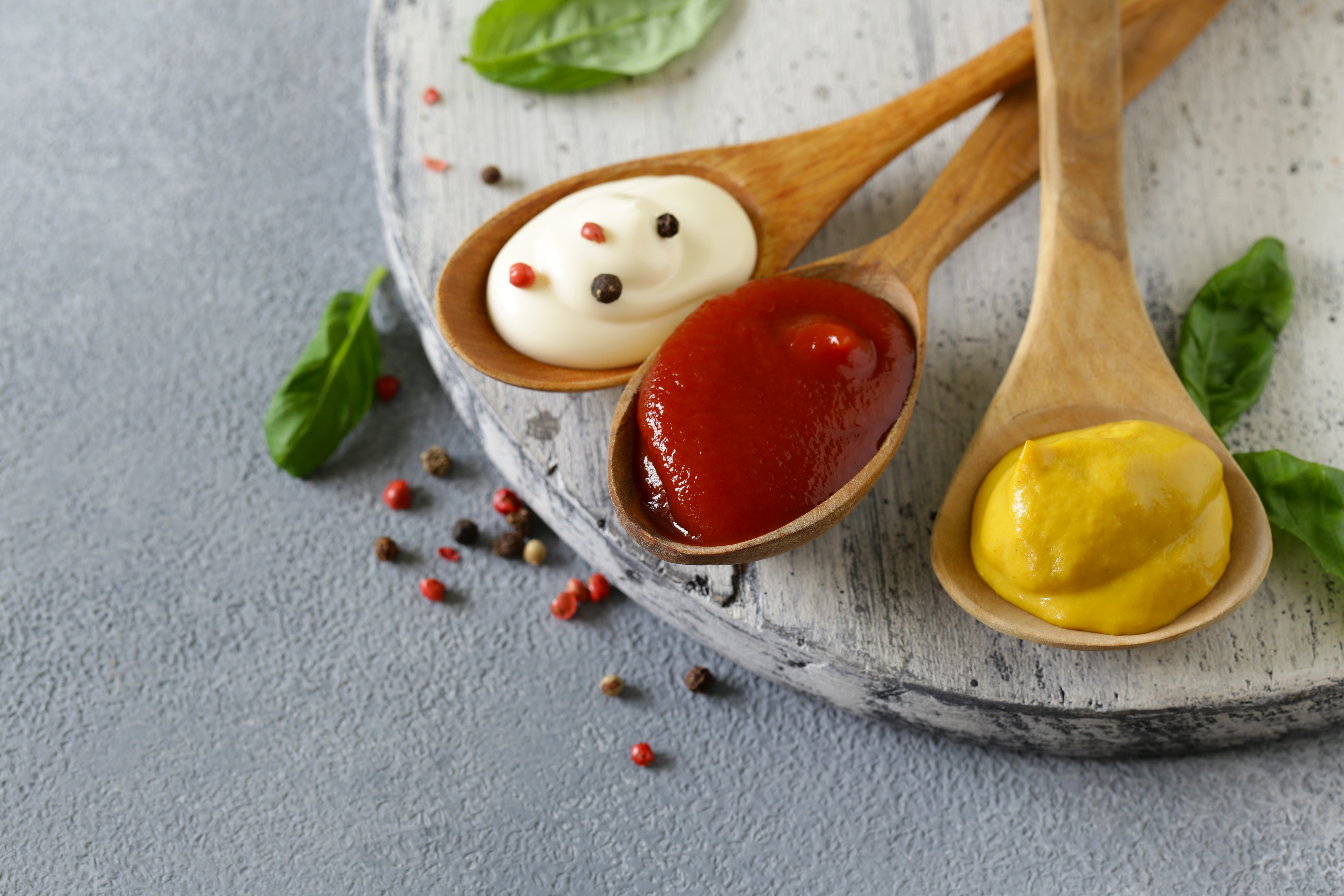
Hidden sugars, often found in processed foods and beverages, can be deceptive contributors to elevated cholesterol levels. While sugar itself doesn't contain cholesterol, excessive sugar intake can lead to weight gain and increased triglyceride levels, indirectly impacting cholesterol. The prevalence of hidden sugars in everyday foods makes them a significant concern for heart health. Many packaged foods, such as sauces, condiments, and snacks, contain hidden sugars, contributing to their appeal and flavor. Being aware of these hidden sugars is crucial for managing cholesterol levels and making informed dietary choices. Opting for whole, unprocessed foods and reading labels carefully can help reduce hidden sugar intake.
16. Plant-Based Meat Alternatives: The "Healthy" Imposter

Plant-based meat alternatives have skyrocketed in popularity, marketed as a heart-healthy and eco-friendly alternative to traditional meats. While they may be better for the planet, many plant-based meats are surprisingly bad for cholesterol levels. The problem lies in the way these products are engineered to mimic the taste and texture of real meat. To achieve that juicy, satisfying bite, manufacturers often use highly processed ingredients like coconut oil, palm oil, and hydrogenated vegetable oils—all of which are high in saturated fats. Coconut oil, in particular, is extremely rich in saturated fat—even more so than butter!
17. Granola and Protein Bars: The Sugar-Laden Energy Trap

Granola and protein bars are often marketed as quick, nutritious snacks, perfect for fueling an active lifestyle. But many of these so-called "health foods" are actually packed with added sugars, unhealthy fats, and processed ingredients that can spike cholesterol levels. While they may provide a temporary energy boost, they often do more harm than good when consumed regularly. One major issue is added sugar. Many granola bars contain as much sugar as a candy bar, which can lead to increased triglyceride levels and insulin resistance—two factors that contribute to high cholesterol. Even bars labeled as "low sugar" often use artificial sweeteners or syrups that can still impact metabolic health.
18. Coffee Creamers: The Silent Cholesterol Booster
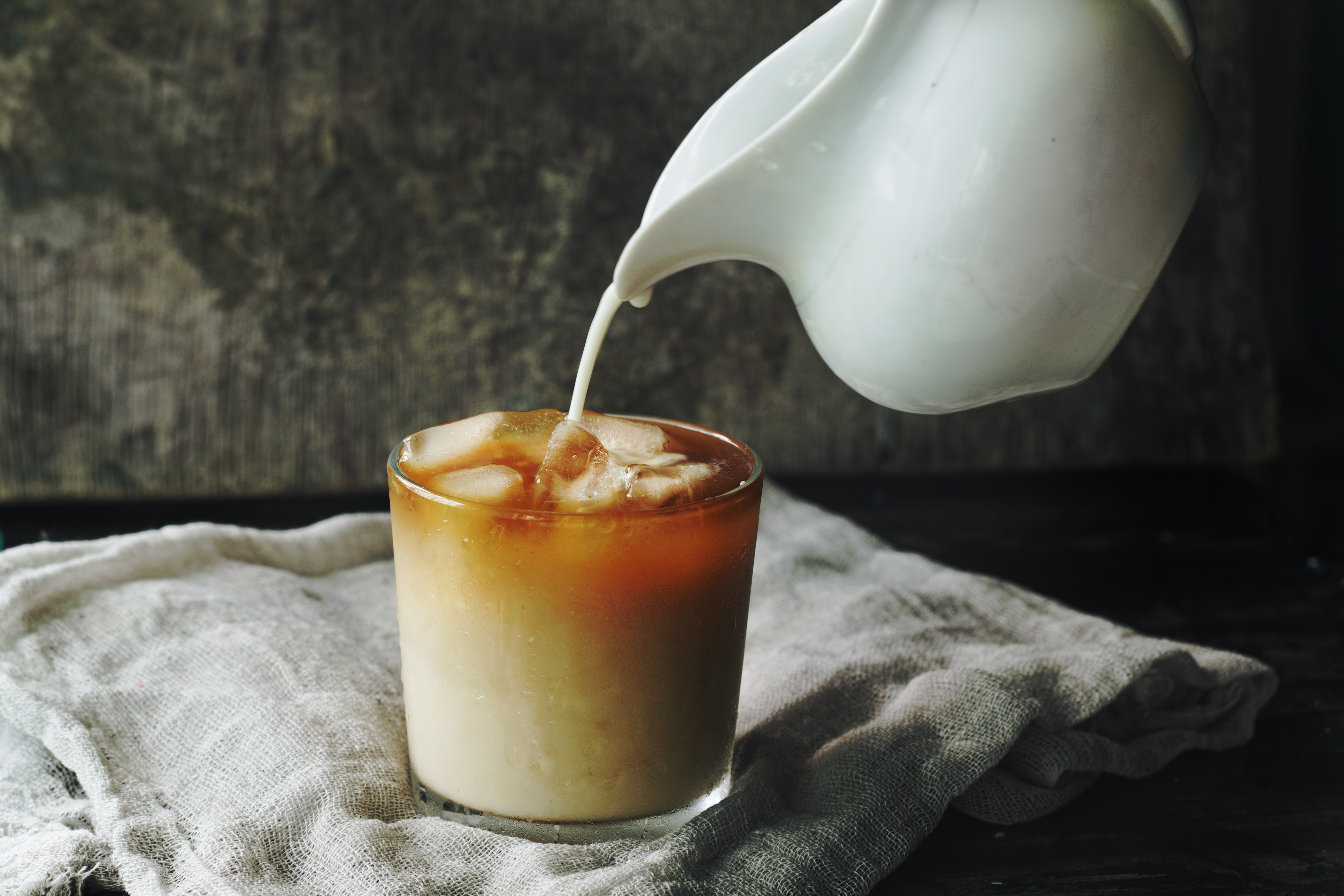
For many, coffee is a daily ritual—but that splash of store-bought creamer could be quietly raising cholesterol levels. Many non-dairy creamers contain hydrogenated oils, a source of trans fats, which are widely known for raising LDL (bad) cholesterol and lowering HDL (good) cholesterol. Even when labeled "trans fat-free," they can still contain small amounts of these harmful fats, which add up over time. But it's not just trans fats that are a concern—added sugars and artificial flavorings also make many coffee creamers a poor choice for heart health. Flavored creamers often contain corn syrup solids and artificial sweeteners, which contribute to weight gain, insulin resistance, and increased triglycerides—all factors that can negatively impact cholesterol.
19. Canned Coconut Milk: The Hidden Saturated Fat Bomb
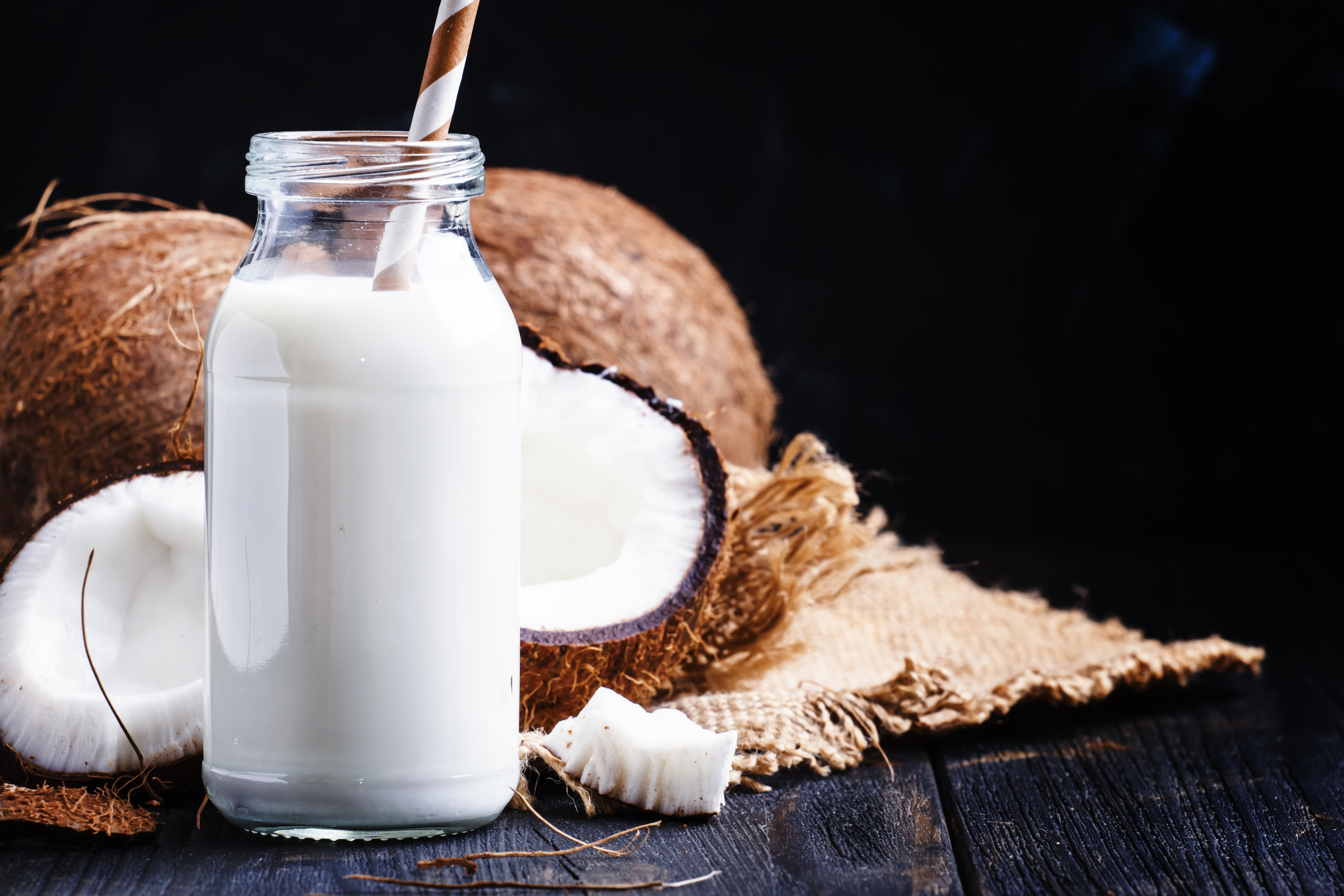
Coconut milk is a staple in many vegan, paleo, and Asian-inspired diets, praised for its creamy texture and versatility. However, what many don’t realize is that canned coconut milk is one of the highest sources of saturated fat—containing more than 40 grams per cup! This far exceeds the recommended daily intake of saturated fat, making it a significant risk for raising LDL cholesterol. The issue lies in coconut oil, which is the primary fat in coconut milk. While coconut-based fats differ slightly from animal-based saturated fats, research still shows that excessive intake can lead to cholesterol imbalances. A diet high in coconut-based products has been linked to higher LDL levels, increasing the risk of heart disease and stroke. For those who love coconut milk, moderation is key.
20. Vegetable Shortening: The Baking Villain

Vegetable shortening has long been used in baking and frying to create flaky pastries, crispy fries, and smooth frostings, but it’s also a major contributor to unhealthy cholesterol levels. Unlike natural oils, shortening is made through hydrogenation, a process that turns liquid oils into solid trans fats—the worst type of fat for heart health. Trans fats are notorious for raising LDL (bad) cholesterol while simultaneously lowering HDL (good) cholesterol, increasing the risk of heart disease and stroke. Even though many food manufacturers have reduced their use of trans fats due to regulations, vegetable shortening is still found in many baked goods, processed snacks, and fast food items.
21. Instant Noodles: The Convenience Killer for Cholesterol
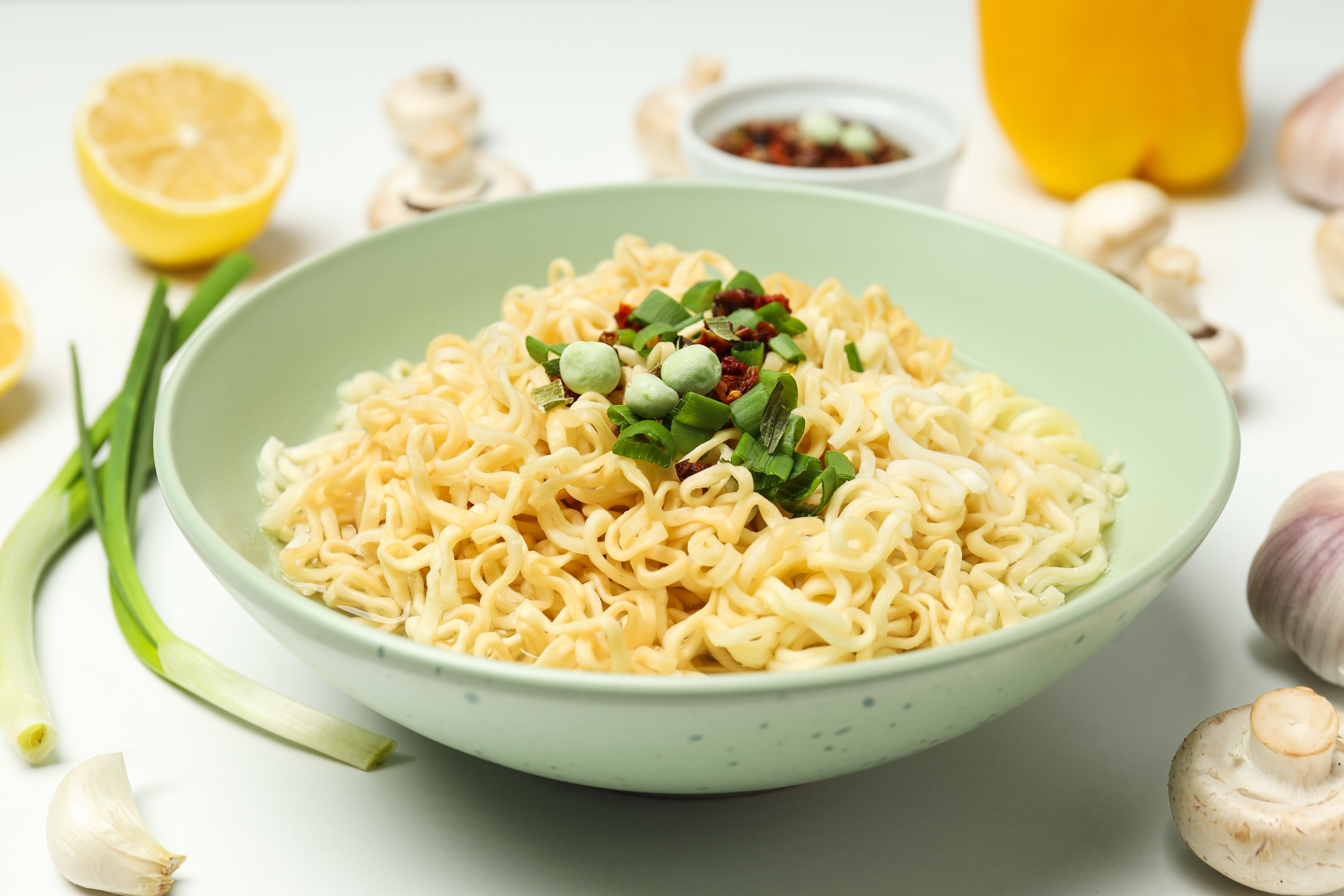
Instant noodles are a staple for those seeking a quick, affordable, and easy meal, but they come with a hidden cost to heart health. While they may seem harmless, most instant noodles are deep-fried before packaging, making them extremely high in saturated fats and trans fats—two major culprits in raising LDL (bad) cholesterol and increasing the risk of heart disease and stroke. If you love noodles but want a healthier alternative, opt for whole-grain or brown rice noodles and pair them with homemade broth and fresh vegetables. You can also try zucchini noodles, konjac noodles, or buckwheat soba noodles for a low-carb, heart-friendly substitute. Adding lean proteins like tofu, chicken, or beans can also balance your meal and support healthy cholesterol levels while still enjoying a comforting bowl of noodles.
22. Flavored Yogurt: The Sugary Snack Disguised as Healthy
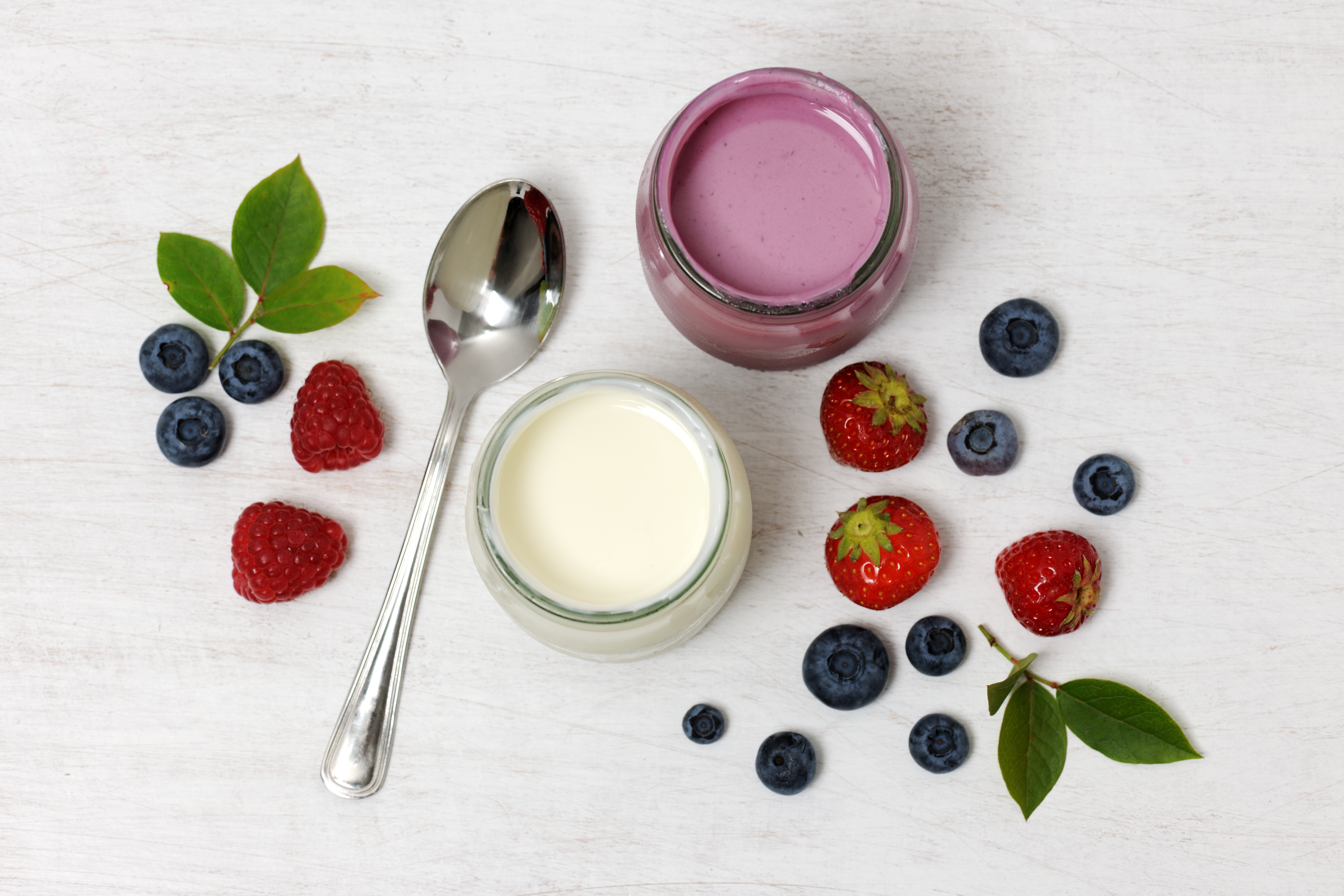
Yogurt is often viewed as a nutrient-rich, gut-friendly superfood, but flavored varieties can be a hidden source of cholesterol-raising ingredients. Many store-bought fruit-flavored yogurts contain as much sugar as a candy bar, with some brands packing in over 20 grams of sugar per serving—which is nearly as much as a can of soda! Even "low-fat" or "fat-free" yogurts are often worse for cholesterol because they compensate for the missing fat with added sugars and artificial thickeners that do more harm than good. Instead of grabbing flavored yogurt, choose plain Greek yogurt, which is higher in protein, lower in sugar, and beneficial for gut health. To add natural sweetness, mix in fresh fruit, cinnamon, a drizzle of honey, or a handful of nuts, creating a heart-healthy snack without the cholesterol-raising drawbacks.
23. Microwave Popcorn: A Snack Packed with Unhealthy Fats
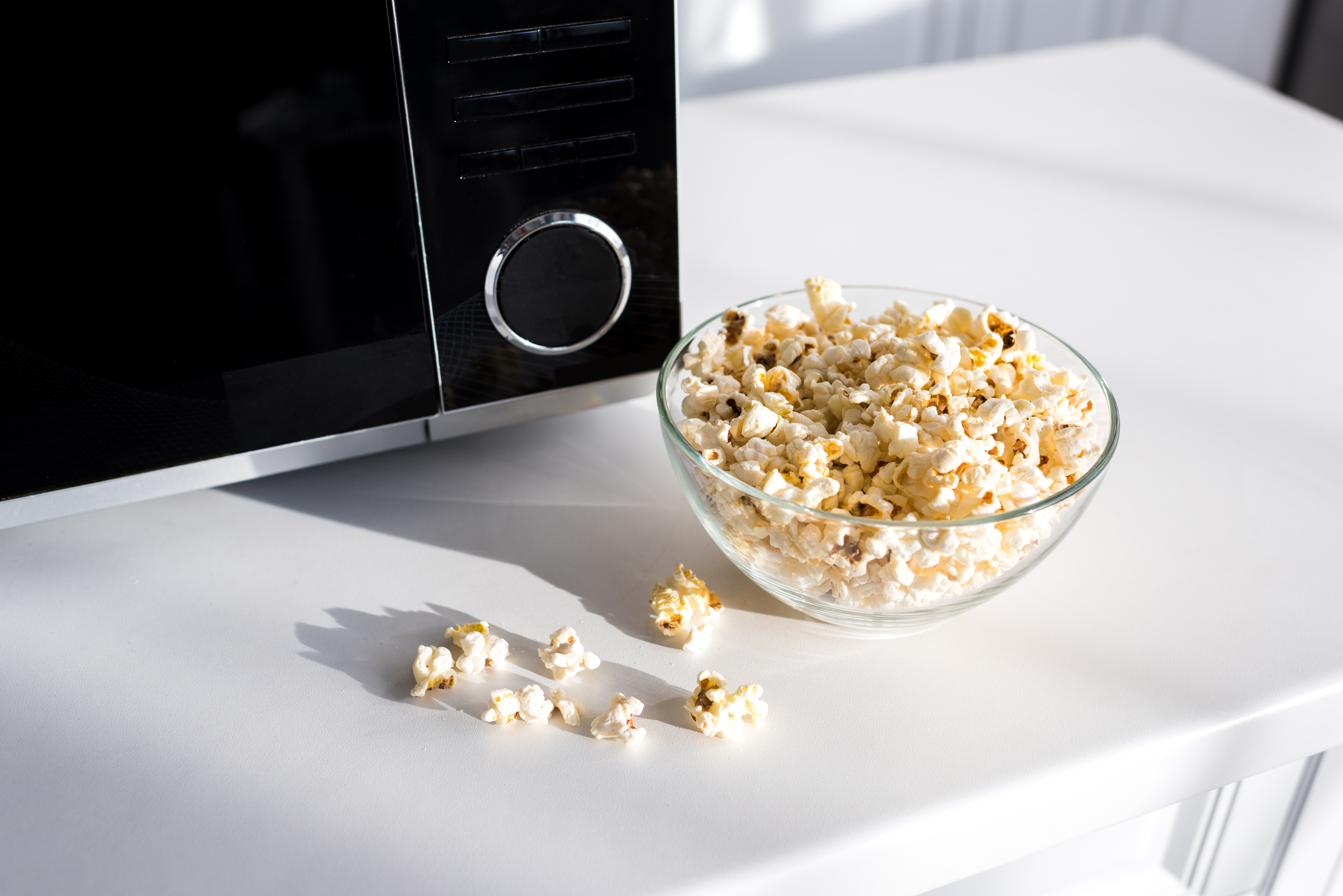
Popcorn itself can be a healthy, fiber-rich snack, but microwave popcorn is a different story. Many brands contain partially hydrogenated oils, which are a primary source of trans fats—the worst kind of fat for cholesterol. Even if a package claims to have "zero trans fats", small amounts can still be present, adding up over time and negatively impacting heart health. A better alternative is to air-pop your own popcorn at home using a hot-air popper or stovetop method with heart-healthy olive oil or avocado oil. Top it with nutritional yeast, cinnamon, turmeric, or a dash of sea salt for added flavor without the harmful fats. Making the switch to homemade popcorn ensures you’re getting the fiber and antioxidants of popcorn without the cholesterol-raising ingredients.
24. Energy Drinks: The Overlooked Cholesterol Culprit

Energy drinks are often associated with boosting focus and performance, but they are one of the sneakiest contributors to high cholesterol and metabolic dysfunction. Many energy drinks contain high levels of sugar, sometimes exceeding 50 grams per can, which can spike blood sugar levels and raise triglycerides. Over time, this leads to insulin resistance, weight gain, and a higher risk of heart disease. Instead of relying on energy drinks, opt for natural energy boosters like green tea, matcha, black coffee, or homemade smoothies with protein and healthy fats. A simple blend of banana, spinach, almond butter, and unsweetened almond milk can provide lasting energy without the cholesterol-raising risks of artificial stimulants. If you need an afternoon pick-me-up, hydrate with electrolyte-rich coconut water or a B-vitamin-packed herbal tea to naturally sustain energy levels.
25. Gluten-Free Processed Foods: The Unexpected Pitfall
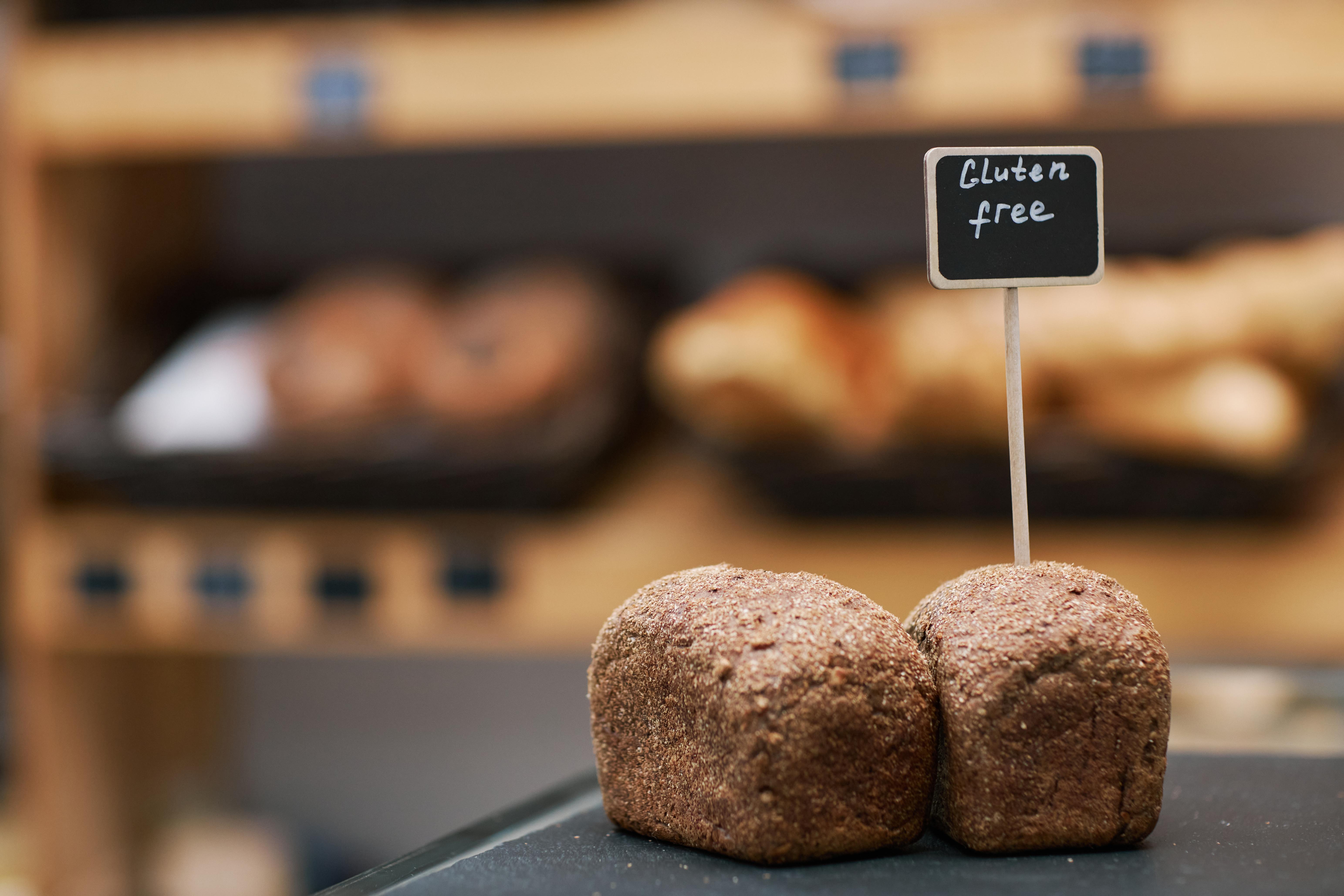
Many people assume that gluten-free foods are automatically healthier, but when it comes to cholesterol, processed gluten-free products can be just as harmful as their conventional counterparts. Many gluten-free breads, crackers, cookies, and baked goods replace wheat flour with refined starches like white rice flour, tapioca starch, and potato starch. To make up for the lack of gluten, manufacturers often add more fats, sugars, and artificial thickeners to improve the texture and flavor of gluten-free products. If you follow a gluten-free diet, focus on whole, unprocessed foods like quinoa, brown rice, millet, and buckwheat, which provide fiber, protein, and essential nutrients without the cholesterol-raising additives. When choosing packaged gluten-free products, read labels carefully and opt for those made with whole grains, nuts, and seeds rather than refined starches.
26. Nut Butters (the Wrong Kind): Sneaky Saturated Fat Traps
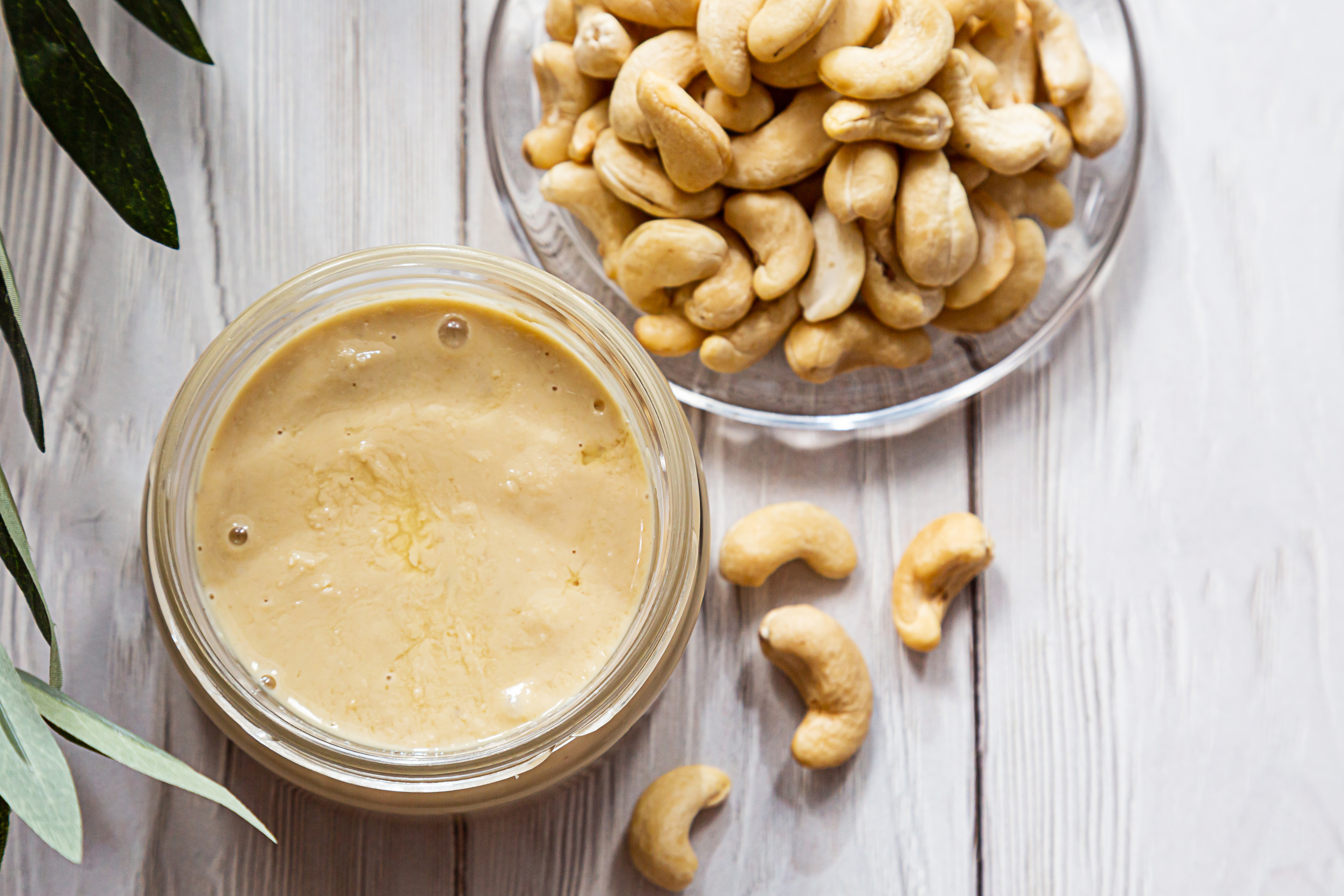
Nut butters like peanut, almond, and cashew butter are often considered pantry staples for anyone pursuing a healthy lifestyle. They're packed with plant-based protein, fiber, and heart-healthy fats—at least, they can be. The trouble begins when you pick the wrong kind. Many commercial nut butters are formulated for shelf stability and smooth texture, which means manufacturers often add palm oil, hydrogenated vegetable oils, or even sugar. Natural nut butters may separate in the jar, requiring a stir before use, but that’s a small trade-off for a product that supports your heart rather than sabotaging it. If you’re buying flavored versions—like chocolate peanut butter or honey almond—be extra cautious, as these often come loaded with hidden sugars and fats that counteract the natural benefits of nuts.
27. Ramen Broth Concentrates: Umami Bombs with a Cholesterol Price

Many broth concentrates—especially those used for tonkotsu (pork bone), curry, or creamy miso flavors—are made with saturated fat-rich ingredients like pork lard, chicken fat, coconut milk, or dairy cream. While they deliver intense umami and indulgent flavor, they can also contribute to rising LDL cholesterol levels when consumed regularly. If ramen is a comfort-food favorite in your home, consider crafting a heart-healthier version using a base of low-sodium vegetable or chicken broth. Add depth with ingredients like miso paste, ginger, garlic, and dried seaweed (kombu) for that satisfying umami hit. You can also bulk up your bowl with fiber-rich veggies and lean proteins like tofu or grilled chicken. Skipping the pre-made concentrates helps you avoid unnecessary saturated fats while keeping the soul-soothing charm of a warm bowl of ramen.
28. Ghee and Butter Coffee: Trendy but Trouble for Your Arteries
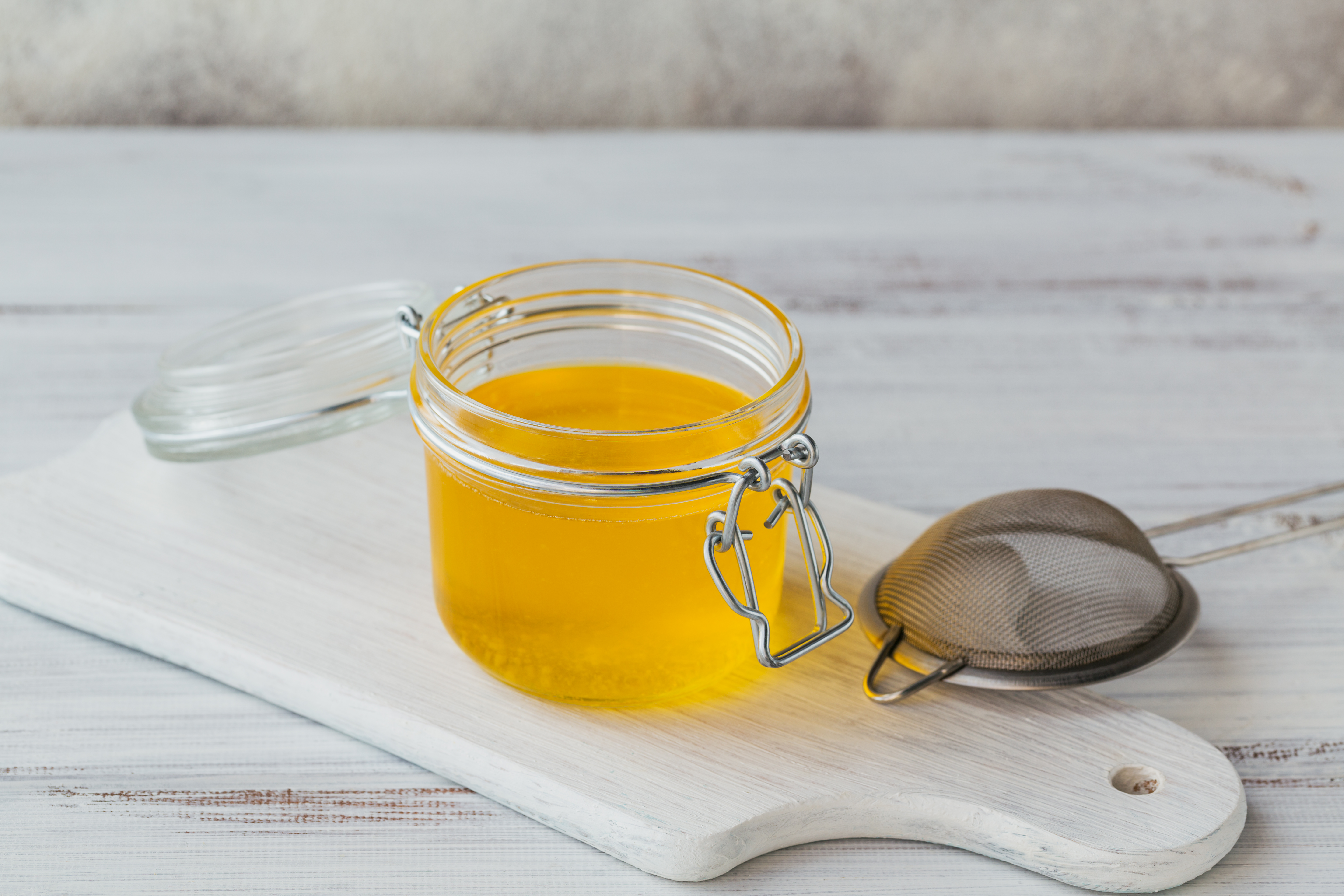
Butter coffee, also known as Bulletproof coffee, has gained a cult following among keto enthusiasts and productivity hackers. But while it may sound like a harmless upgrade to your morning routine, this drink is a cholesterol minefield. A single serving can contain upwards of 20 grams of saturated fat—often more than what’s recommended for an entire day. Advocates claim that butter coffee promotes mental clarity and fat-burning, but scientific evidence supporting long-term cardiovascular safety is lacking. If you crave a rich and creamy coffee experience, opt for unsweetened plant-based creamers like oat, almond, or cashew milk, which add texture without the harmful fats. Alternatively, a splash of cinnamon or vanilla extract can enhance flavor naturally. Don’t let a trendy morning ritual derail your heart health.
29. Flaky Pastries: The Morning Delight That Can Derail Heart Health

Flaky pastries like croissants, danishes, and puff pastries are beloved for their buttery layers and indulgent texture—but they’re also some of the worst offenders when it comes to cholesterol. These baked goods get their signature flakiness from alternating layers of butter, margarine, or vegetable shortening—all rich sources of saturated fat and, in some cases, trans fats. Even a single croissant can contain 12–15 grams of fat, much of it saturated, making it more of a dessert than a sensible breakfast choice. For a healthier morning bite, consider alternatives like whole-grain toast with avocado, Greek yogurt with berries, or a homemade banana-oat muffin made without added oils. These options still satisfy without the saturated fat overload, supporting energy levels and heart health in the process.
30. Cream-Based Salad Slaws: Coleslaw’s Fatty Underbelly
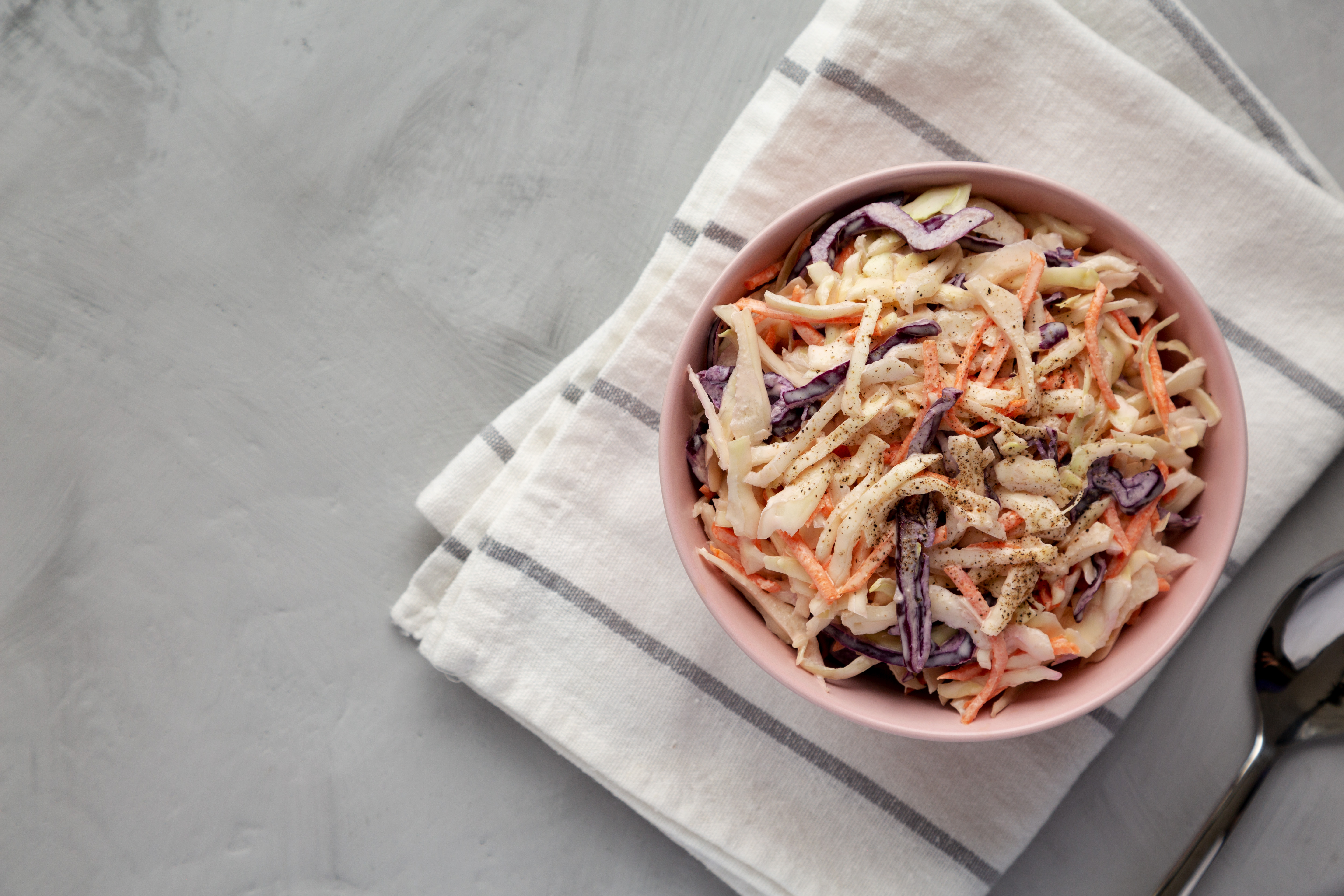
A side of creamy coleslaw or pasta salad might seem like an innocent accompaniment to your meal, but these popular dishes can be cholesterol traps in disguise. Traditional recipes often rely on generous amounts of mayonnaise, sour cream, or heavy cream—all of which are high in saturated fats that can drive up LDL cholesterol levels. Instead of ditching slaws altogether, you can enjoy a healthier version by swapping the base. Try using Greek yogurt, apple cider vinegar, mustard, or lemon juice to create a zesty, low-fat alternative. Add heart-friendly ingredients like shredded carrots, cabbage, and fresh herbs for crunch and color. Pasta salads can also be upgraded by using whole-grain pasta and olive oil-based dressings. Small swaps in these sides can make a big difference in protecting your heart and keeping cholesterol in check.
31. Biscuits and Gravy: Southern Comfort with a Cardiovascular Catch
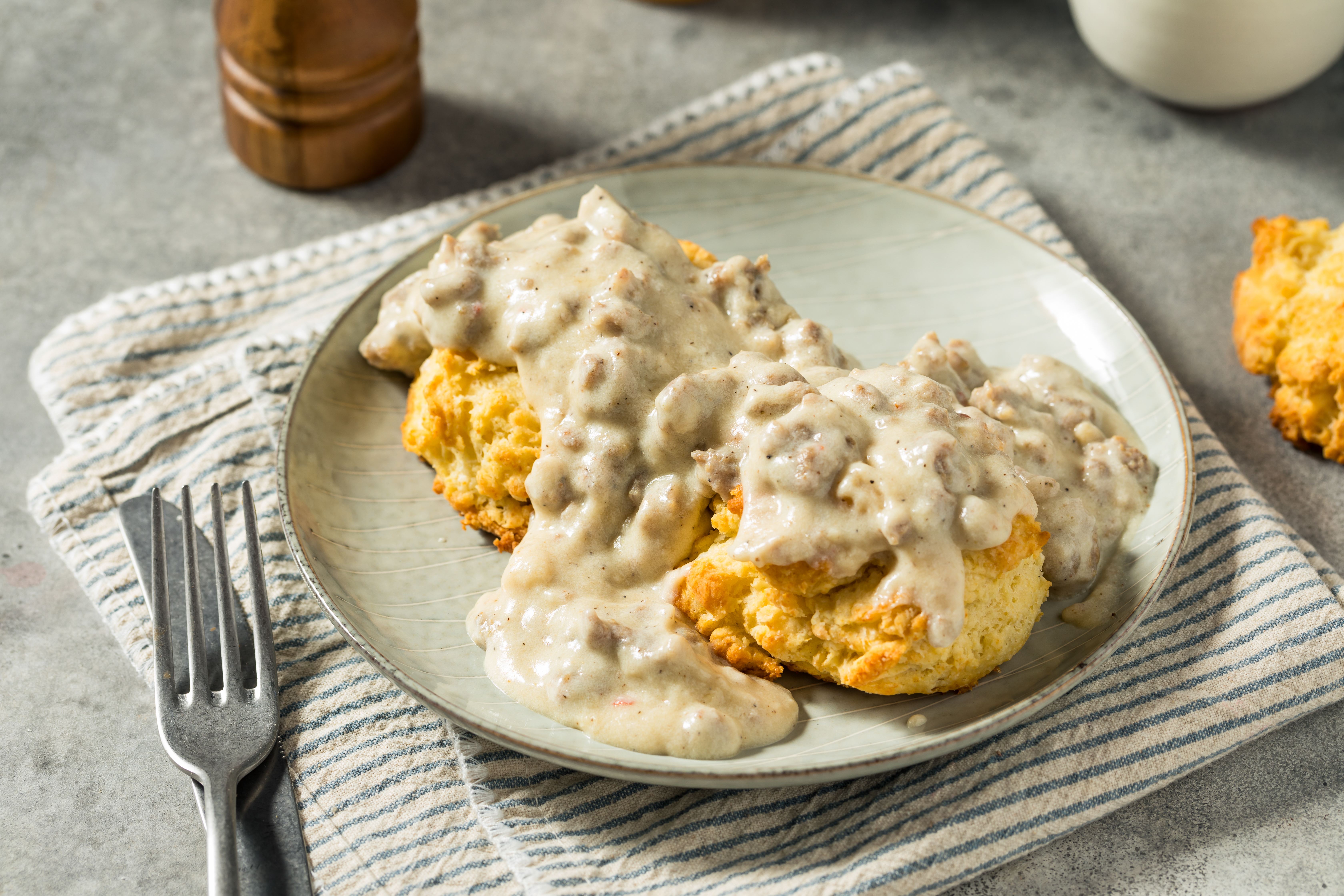
Few dishes offer the nostalgic warmth and indulgent flavor of biscuits and gravy—a staple of Southern breakfasts and cozy brunch menus. But behind the comforting taste lies a high-stakes combination of cholesterol-raising ingredients. Traditional biscuits are typically made with shortening, butter, or lard, all of which are high in saturated fats. These fats can elevate LDL (bad) cholesterol, contributing to plaque buildup in the arteries over time. If you find yourself craving this hearty favorite, try a lighter homemade version. Use whole-grain flour for your biscuits, swap butter for olive oil or a plant-based spread, and skip the sausage in favor of lean ground turkey or sautéed mushrooms. Instead of cream, use a plant-based milk thickened with a little whole wheat flour for a creamy, savory gravy that’s kinder to your arteries. You’ll still get the soul-soothing satisfaction without putting your heart at risk.
32. Frozen Pizza: A Convenient but Cholesterol-Heavy Choice

Most frozen pizzas are loaded with saturated fat, sodium, and even trans fats (especially in older or lower-quality brands). The crust is often made with refined white flour and partially hydrogenated oils to extend shelf life, which can increase LDL cholesterol and lower HDL cholesterol—the opposite of what your heart needs. Toppings add another layer of trouble. For a healthier spin, build your own mini pizza using a whole wheat pita or flatbread as the base. Top it with homemade tomato sauce, a light sprinkle of part-skim mozzarella, and plenty of fresh veggies. Add heart-healthy extras like spinach, mushrooms, or olives, and finish with a drizzle of olive oil. You’ll enjoy the same comforting flavors without the cholesterol overload.
33. Breaded Chicken or Fish Fillets: The Faux-Healthy Main Course
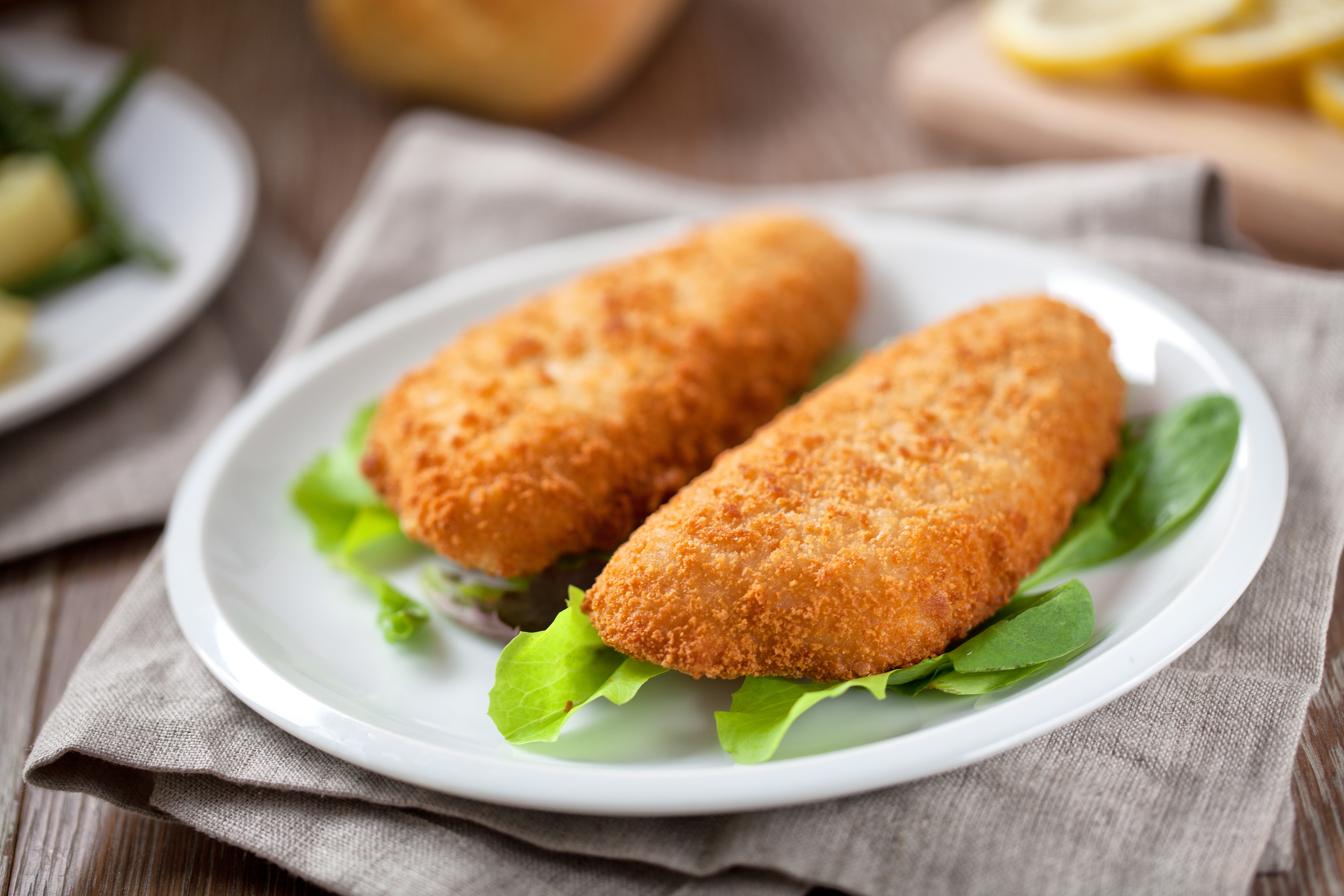
Chicken and fish are often hailed as smart, lean protein choices, but once they’re breaded and fried—or even baked with a heavy crumb coating—their heart-health halo starts to fade. Many frozen breaded fillets contain more fat than you might expect, thanks to the oils used in both the breading and the cooking process. These items are often par-fried before freezing, which means they’re already soaked in saturated fat before they even hit your oven or air fryer. Worse, some brands sneak in trans fats to enhance crunch and texture—making them a double threat to cholesterol. Instead, choose unbreaded, skinless cuts of chicken or fish and prepare them at home with heart-smart methods like grilling, baking, or poaching. Create your own breadcrumb coating using whole wheat panko or crushed oats, seasoned with herbs and spices. Bake them with a light brush of olive oil for a crispy finish without the cholesterol spike.
34. Bottled Smoothies: Liquid Sugar in Disguise
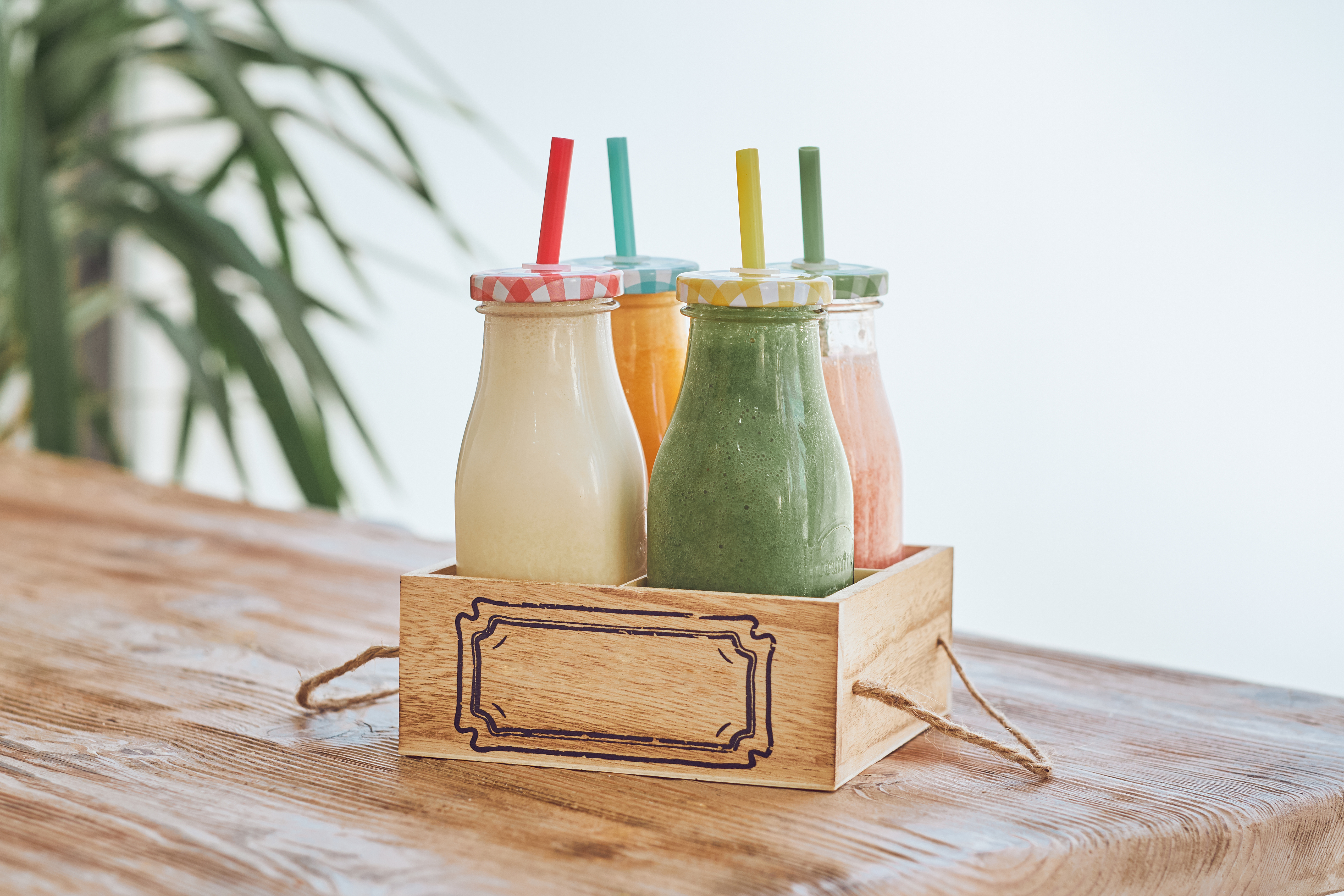
Bottled smoothies have exploded in popularity, marketed as healthy, grab-and-go solutions for breakfast or an afternoon boost. But don’t be fooled by the fruity packaging—many of these drinks are more akin to sugary desserts than balanced meals. A typical bottled smoothie can contain as much as 40–50 grams of sugar per serving, often coming from fruit juice concentrates, added sugars, and syrups rather than whole fruits. Instead of relying on store-bought versions, blend your own smoothie at home using whole fruits, leafy greens, and unsweetened plant-based milk. Add fiber-rich ingredients like chia seeds, ground flaxseeds, or oats to help lower LDL cholesterol. For protein, toss in a spoonful of Greek yogurt or a scoop of a clean, plant-based protein powder. You’ll control the sugar, boost the nutrients, and protect your heart in the process.
35. Restaurant Thai Curries: Flavorful but Fat-Filled Favorites

Thai curries are beloved for their rich, spicy flavors and soul-satisfying comfort, but they’re often laden with ingredients that can sabotage your cholesterol levels. The main culprit? Coconut milk—a creamy base that’s naturally high in saturated fat. Just one cup of full-fat coconut milk contains over 40 grams of saturated fat, far exceeding the daily recommended limit. While coconut is a plant-based fat, studies show that its saturated fat can still raise LDL (bad) cholesterol, especially when consumed in large amounts. At home, consider using light coconut milk or diluting regular coconut milk with low-sodium vegetable broth to reduce the saturated fat content. You can also explore curry alternatives that use tomato bases or turmeric and lemongrass for flavor. When dining out, choose stir-fries or grilled protein dishes packed with vegetables, and ask for sauces on the side. That way, you can still savor the flavors of Thai cuisine without overloading your arteries.
36. Flavored Coffee Syrups: The Siren Song of Sweetened Coffee

That daily dose of sweet coffee flavoring might be a far more insidious cholesterol booster than you realize. While it's easy to dismiss a swirl of syrup as a harmless indulgence, many flavored varieties are surprisingly laden with sugar and a cocktail of artificial additives, both of which can wreak havoc on your triglyceride levels. Elevated triglycerides are a major risk factor for heart disease and often go hand-in-hand with high LDL cholesterol. Furthermore, some of the cheaper, mass-produced syrups use hydrogenated oils to achieve that creamy, decadent texture. These oils are a source of trans fats, which are widely recognized as some of the worst fats you can consume, known for their ability to raise "bad" LDL cholesterol while simultaneously lowering "good" HDL cholesterol. Instead of relying on these sugary and potentially trans-fat-laden syrups, explore healthier ways to flavor your coffee. Natural spices like cinnamon, nutmeg, or cardamom can add warmth and depth without the added risks. A splash of unsweetened almond milk or oat milk can provide creaminess with fewer calories and less impact on your cholesterol. By making these simple swaps, you can enjoy your coffee routine without compromising your heart health.
37. Margarine (Stick Form): The Butter Imposter's Cholesterol Catch
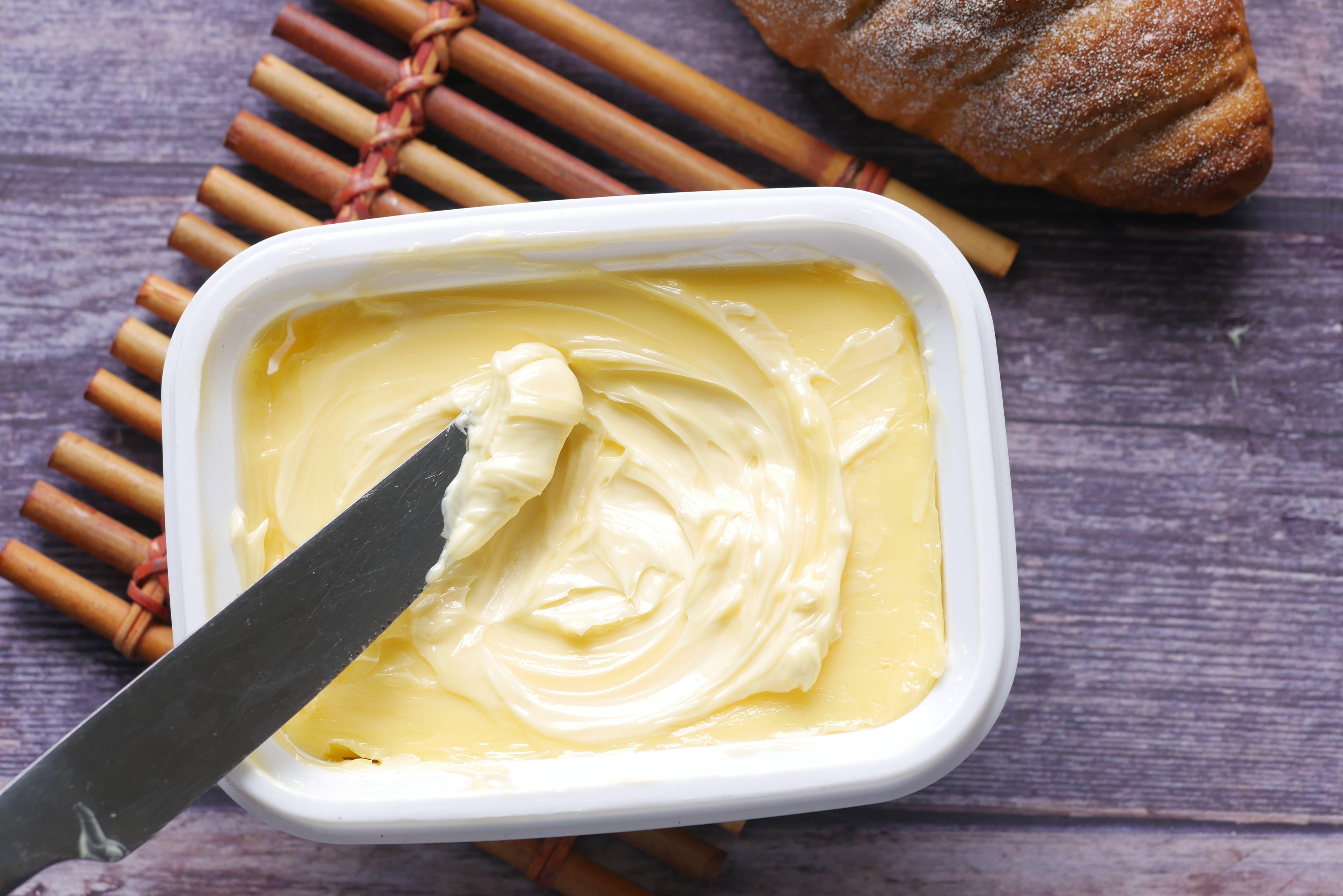
Margarine was once touted as a heart-healthy alternative to butter, but the stick form, in particular, can be a sneaky cholesterol culprit. While the narrative around saturated fats has evolved, older formulations of stick margarine often contained significant amounts of trans fats. These artificial fats are notorious for their detrimental effects on cholesterol, raising "bad" LDL cholesterol, which contributes to plaque buildup in arteries, and lowering "good" HDL cholesterol, which helps remove LDL from the bloodstream. While many manufacturers have taken steps to reduce or eliminate trans fats from their products, it's still crucial to check labels carefully. Look for phrases like "partially hydrogenated oil," which indicates the presence of trans fats, even if the label claims "zero trans fat" (as there can be trace amounts). Tub margarine or spreads made with olive oil or other plant-based oils are generally healthier options. For cooking and baking, consider using olive oil directly or a heart-healthy oil alternative like avocado oil.
38. Store-Bought Muffins: The Baked Good's Cholesterol Deception

Those tempting muffins beckoning from the bakery counter or grocery store shelf can be surprisingly harmful to your cholesterol levels. While they might seem like a relatively benign breakfast or snack option, they're often loaded with ingredients that contribute to elevated cholesterol. Many are made with excessive amounts of butter, sugar, and refined white flour, creating a high-calorie, low-fiber food. The saturated fat in the butter can raise LDL cholesterol, while the refined flour and sugar can spike blood sugar and increase triglycerides. Worse yet, some commercially produced muffins may contain trans fats from shortening or partially hydrogenated oils used to enhance texture and shelf life. These trans fats pose a significant risk to heart health. If you crave a muffin, baking your own at home offers a much healthier alternative. You can use whole-wheat flour for added fiber, reduce the amount of added sugar, and incorporate healthy oils like olive oil or canola oil. Adding fruits, nuts, or seeds can also boost the nutritional value.
39. Processed Vegan Cheese: The Plant-Based Paradox

Vegans and those seeking dairy alternatives, beware! While plant-based cheese might seem like a heart-healthy choice, some processed varieties can be surprisingly detrimental to your cholesterol levels. The key lies in the type of fat used to mimic the texture and richness of dairy cheese. Many manufacturers rely on coconut oil or palm oil, both of which are high in saturated fat. While these are plant-based fats, they can still have a negative impact on cholesterol. Studies have shown that coconut oil, in particular, can raise LDL cholesterol levels, similar to animal fats. While saturated fat from different sources may have slightly varying effects, excessive intake is generally linked to an increased risk of heart disease. When choosing vegan cheese, opt for varieties made with nuts or seeds, such as cashews or almonds, as these tend to have a better fat profile. Always read the labels carefully and consume processed vegan cheeses in moderation as part of a balanced diet.
40. Excessive Licorice: The Unexpected Sweet Threat
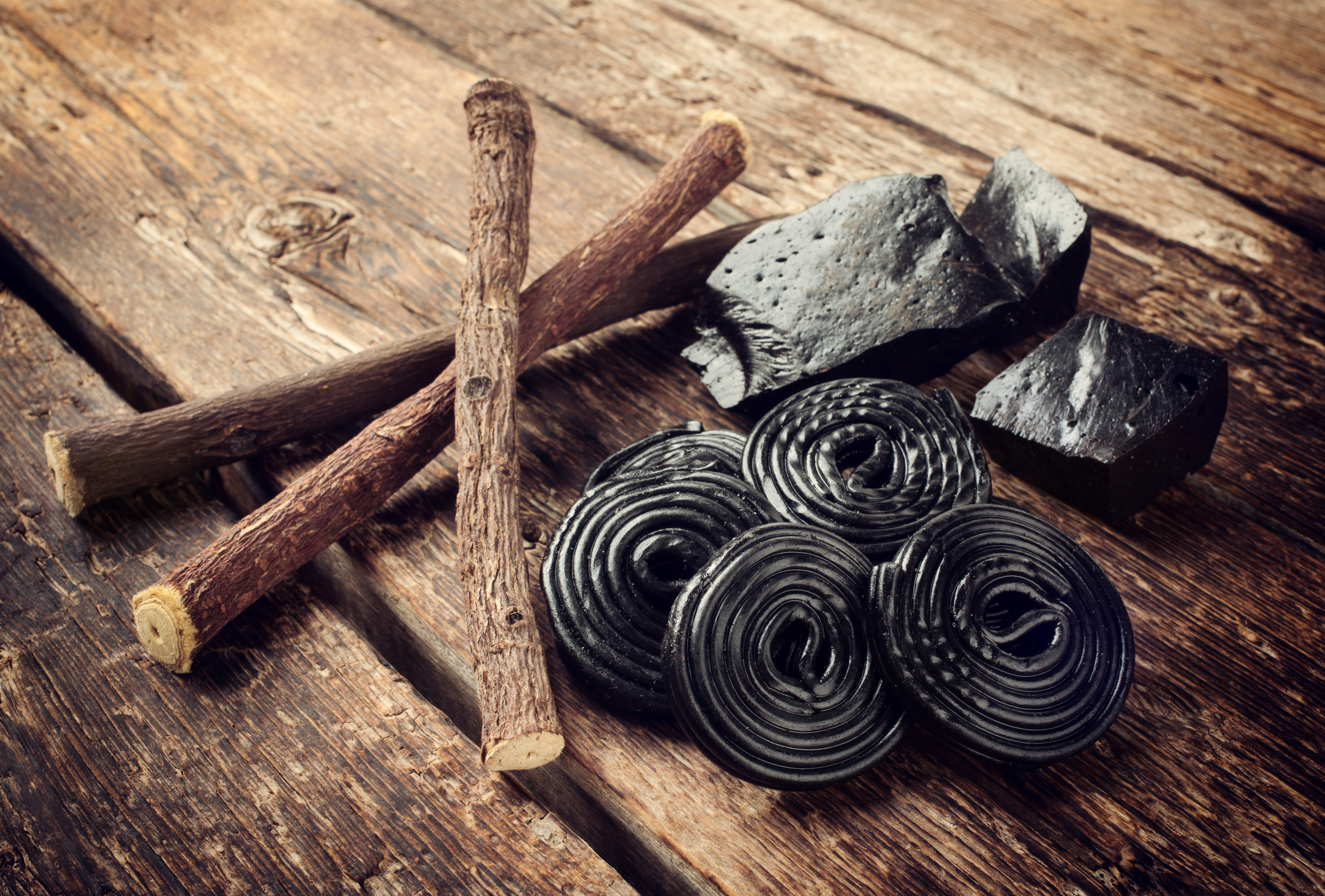
This one might sound unusual, but excessive consumption of black licorice can have surprising effects on your cholesterol levels. The culprit is glycyrrhizic acid, a compound found in black licorice that gives it its distinctive sweet and slightly bitter flavor. Glycyrrhizic acid can interfere with hormone levels and fluid balance in the body. While the exact mechanisms are still being studied, this interference can contribute to an increase in LDL cholesterol, the "bad" cholesterol that can build up in your arteries. It's important to note that this effect is generally associated with consuming large amounts of black licorice, not the occasional piece. If you're a licorice enthusiast, enjoy it sparingly. If you have pre-existing heart conditions or cholesterol concerns, it might be wise to limit or avoid black licorice altogether. Red licorice, however, does not contain significant amounts of glycyrrhizic acid and is not associated with the same cholesterol risks.
41. Certain Protein Powders: The Supplement's Cholesterol Caveat
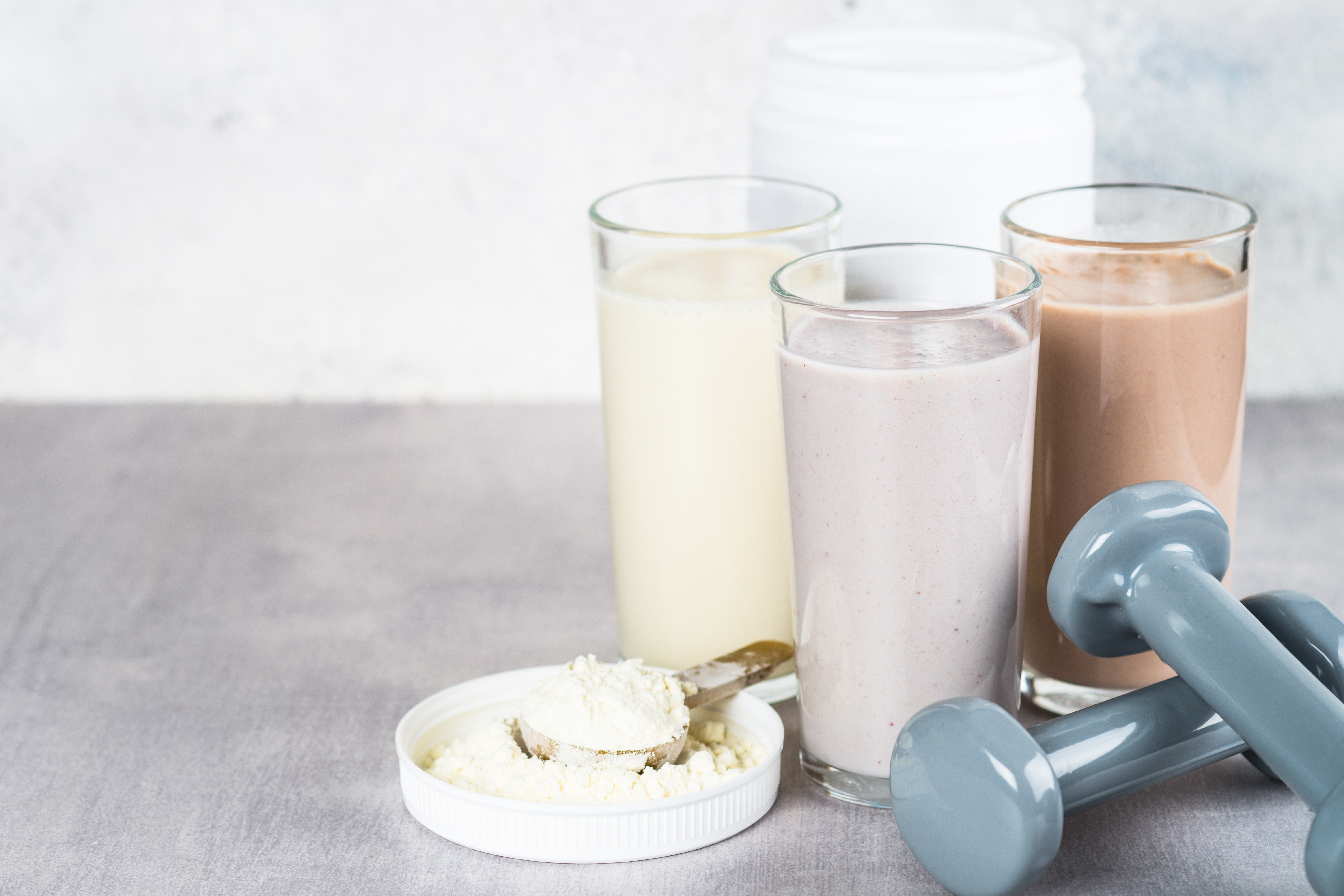
Protein powders have become a popular dietary supplement, but it's essential to choose them wisely, as some can be sneaky cholesterol offenders. While the protein itself is generally beneficial, the added ingredients in some protein powders can be problematic. Whey protein powders, especially those with added cream or whole milk powder, can be high in saturated fat. Saturated fat, as we know, can raise LDL cholesterol levels. Furthermore, some protein powders contain added sugars or artificial sweeteners, which can contribute to weight gain and metabolic imbalances, indirectly impacting cholesterol. Always read the label carefully and choose protein powders with minimal added sugars, unhealthy fats, and artificial ingredients. Plant-based protein powders, such as those derived from soy, pea, or brown rice, are often a good choice, as they tend to be lower in saturated fat and higher in fiber.
42. Duck: The Poultry Paradox

While poultry is often considered a heart-healthy alternative to red meat, duck presents a bit of a paradox. While it's still a source of protein, duck has a significantly higher fat content compared to chicken or turkey, and a large portion of that fat is saturated. Saturated fat, as discussed earlier, can raise LDL cholesterol levels, increasing the risk of heart disease. The fat in duck is concentrated in the skin, so removing the skin before cooking can help reduce the saturated fat content. Opt for lean cuts of duck whenever possible, and prepare it using healthier cooking methods like roasting or grilling instead of frying. Consider duck as an occasional treat rather than a regular part of your diet. Balancing your protein intake with other lean sources like fish, beans, and lentils is crucial for maintaining heart health.
43. Some Frozen Yogurt: The Frozen Treat's Hidden Risk

Frozen yogurt is often perceived as a healthier alternative to ice cream, but it's essential to be cautious. While some varieties can be lower in fat, many are still high in added sugar, and some can even contain significant amounts of saturated fat. The high sugar content can lead to increased triglyceride levels, which can contribute to cholesterol problems. Furthermore, frozen yogurt with added toppings like whipped cream, candy, and sauces can quickly become a cholesterol-heavy dessert. Even low-fat versions may compensate for the reduced fat with extra sugar and additives. To make a heart-healthier choice, opt for plain or tart frozen yogurt and top it with fresh fruit. Be mindful of portion sizes and avoid excessive added toppings. Reading the nutritional information before you indulge is always a good idea.
44. Non-Dairy Creamers: The Coffee Additive's Deceptive Nature
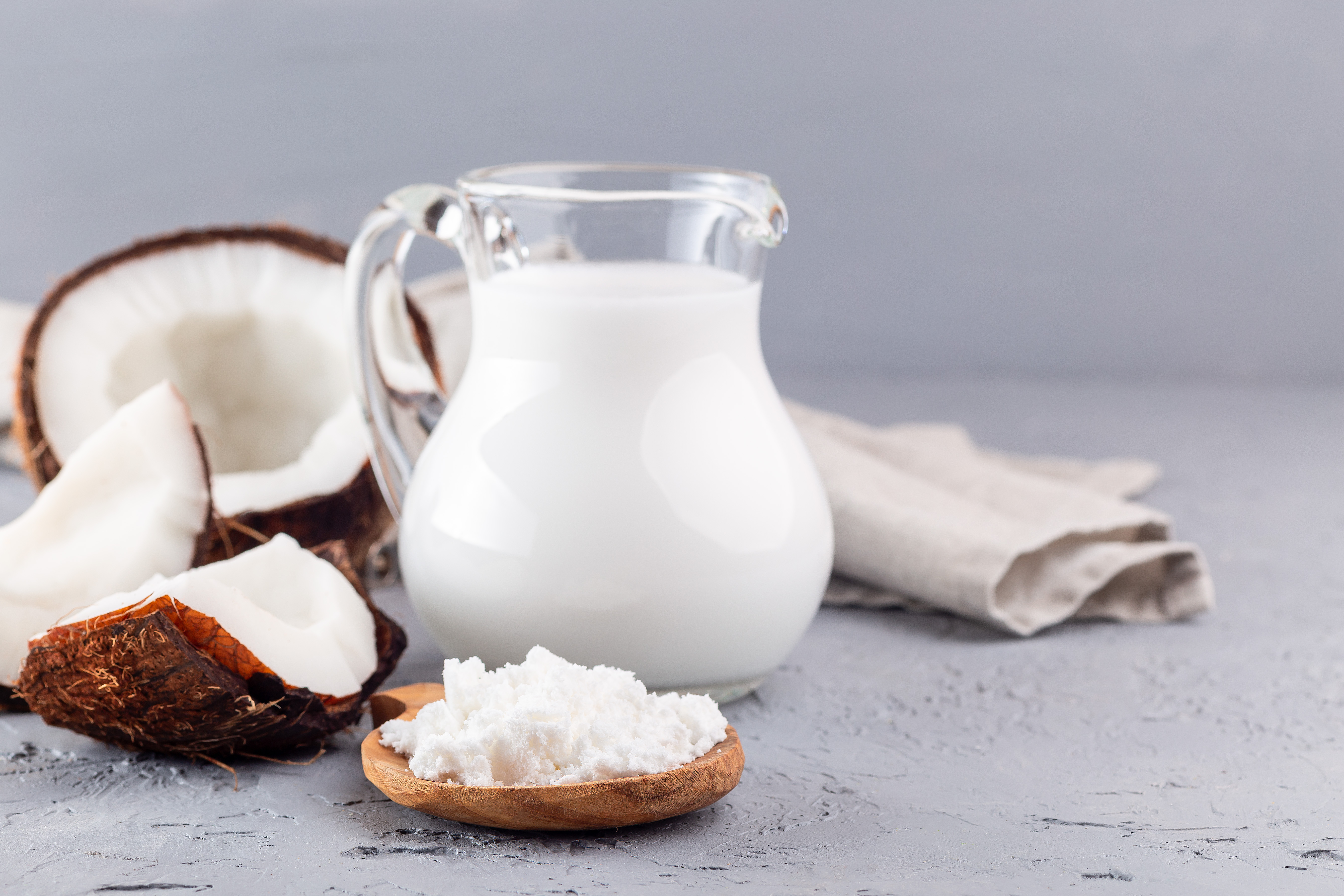
Many people turn to non-dairy creamers as a dairy-free alternative, but it's important to be aware of their potential impact on cholesterol. While they avoid the saturated fat found in dairy cream, many non-dairy creamers, especially powdered versions, can be surprisingly unhealthy. They are often loaded with added sugar, unhealthy oils, and artificial additives. The sugar content can contribute to weight gain and increased triglyceride levels, both of which can negatively impact cholesterol. Some non-dairy creamers also contain partially hydrogenated oils, a source of trans fats, which are harmful to heart health. Opting for unsweetened almond milk, oat milk, or soy milk is a much healthier choice. These alternatives provide creaminess without the added sugar, unhealthy fats, and artificial ingredients found in many commercial creamers.
45. Excessive Unfiltered Coffee: The Brew's Cholesterol Caveat
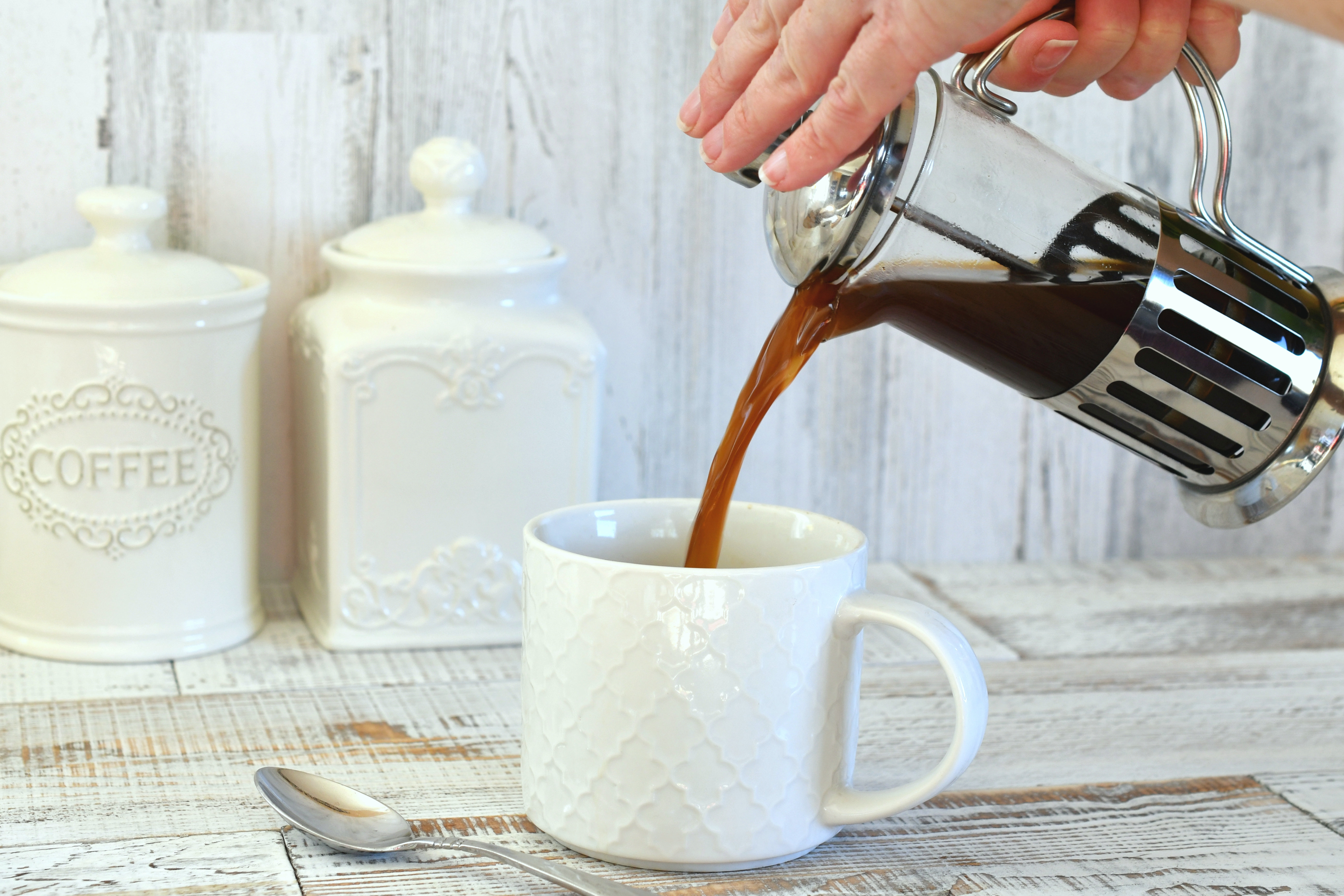
While coffee in moderation has been linked to various health benefits, excessive consumption of unfiltered coffee can raise cholesterol levels in some individuals. This effect is primarily attributed to compounds called cafestol and kahweol, which are present in the coffee beans' oils. These compounds can interfere with the body's ability to metabolize cholesterol, leading to an increase in LDL cholesterol. Unfiltered coffee, such as that brewed using a French press, allows these oils to pass through into the beverage. Filtered coffee, on the other hand, uses paper filters that trap most of the cafestol and kahweol. If you're concerned about your cholesterol levels, especially if you have a genetic predisposition or other risk factors, filtered coffee is generally a better choice. However, it's important to note that the effect of unfiltered coffee on cholesterol varies from person to person, and moderate consumption may not be a concern for everyone.
Taking Control of Your Cholesterol

Understanding the hidden culprits lurking in our diets is essential for managing cholesterol levels and supporting heart health. By being aware of these fifteen sneaky dietary offenders, individuals can make informed choices and take control of their cholesterol. The journey to better heart health involves mindful eating, balanced nutrition, and a commitment to making healthier choices. While some foods may seem harmless, their hidden ingredients can significantly impact cholesterol levels. Taking control of cholesterol levels is a lifelong commitment to health and well-being. By understanding the hidden threats in our diets and making informed choices, individuals can protect their heart health and enjoy a vibrant, fulfilling life.
